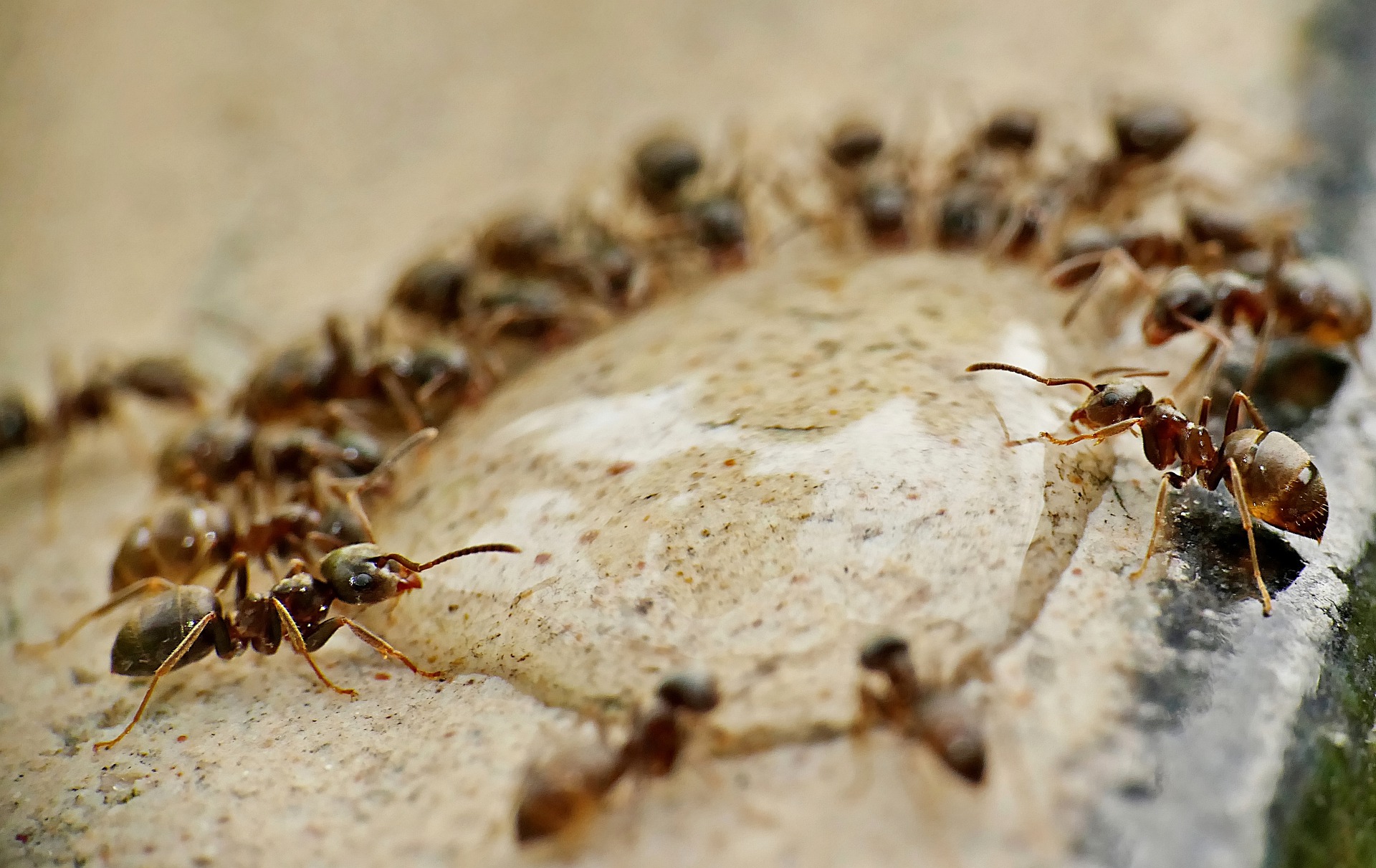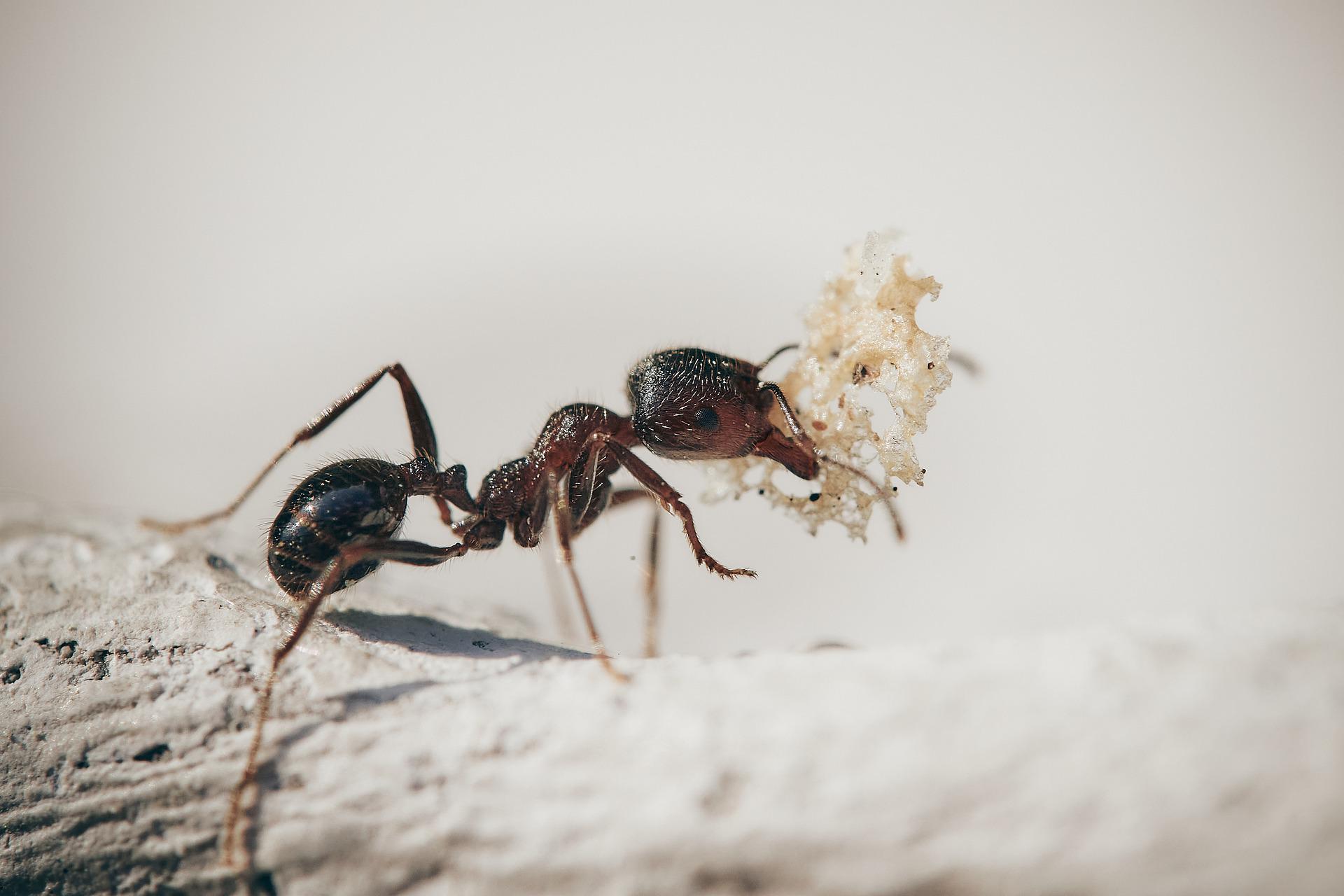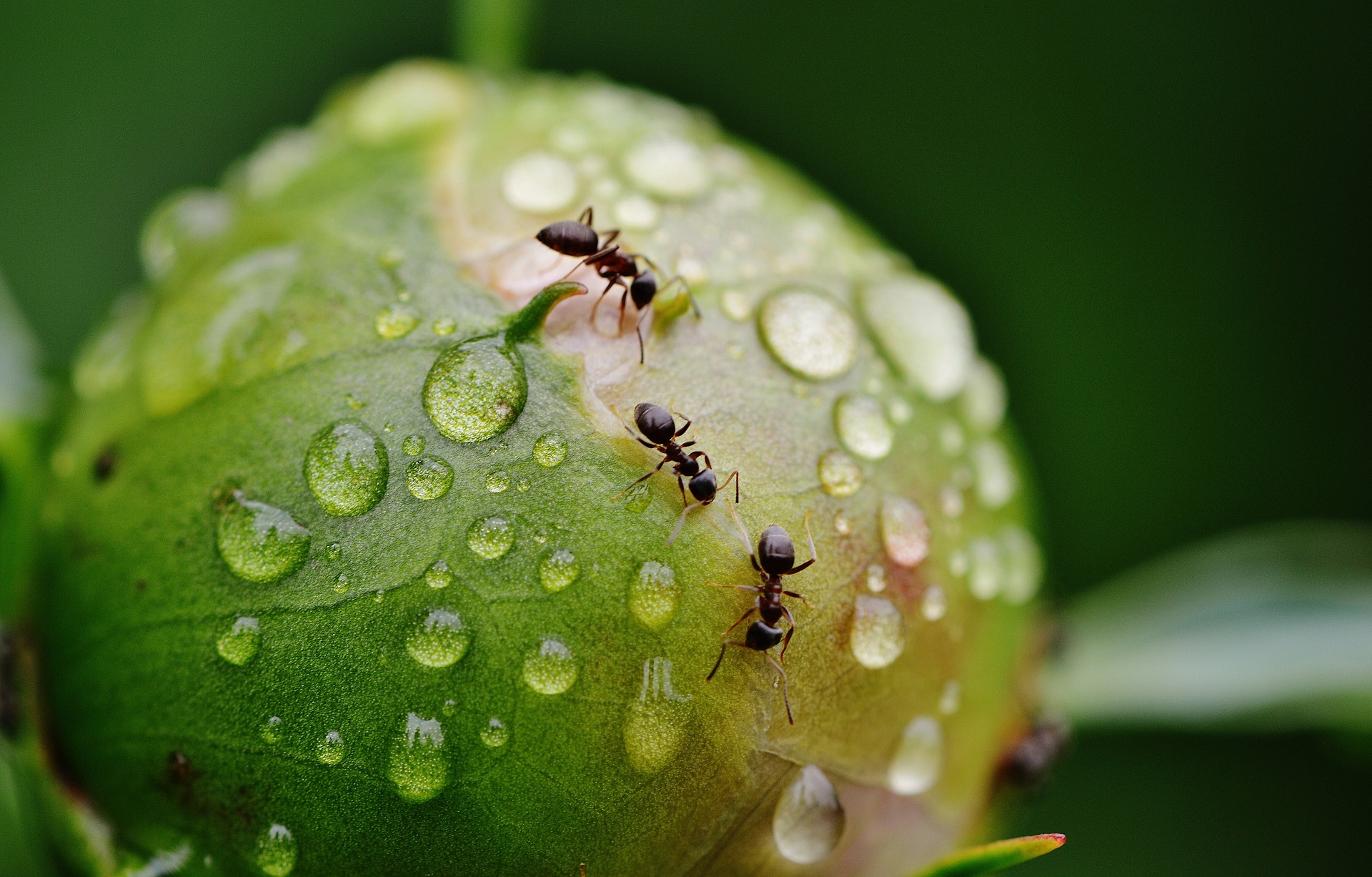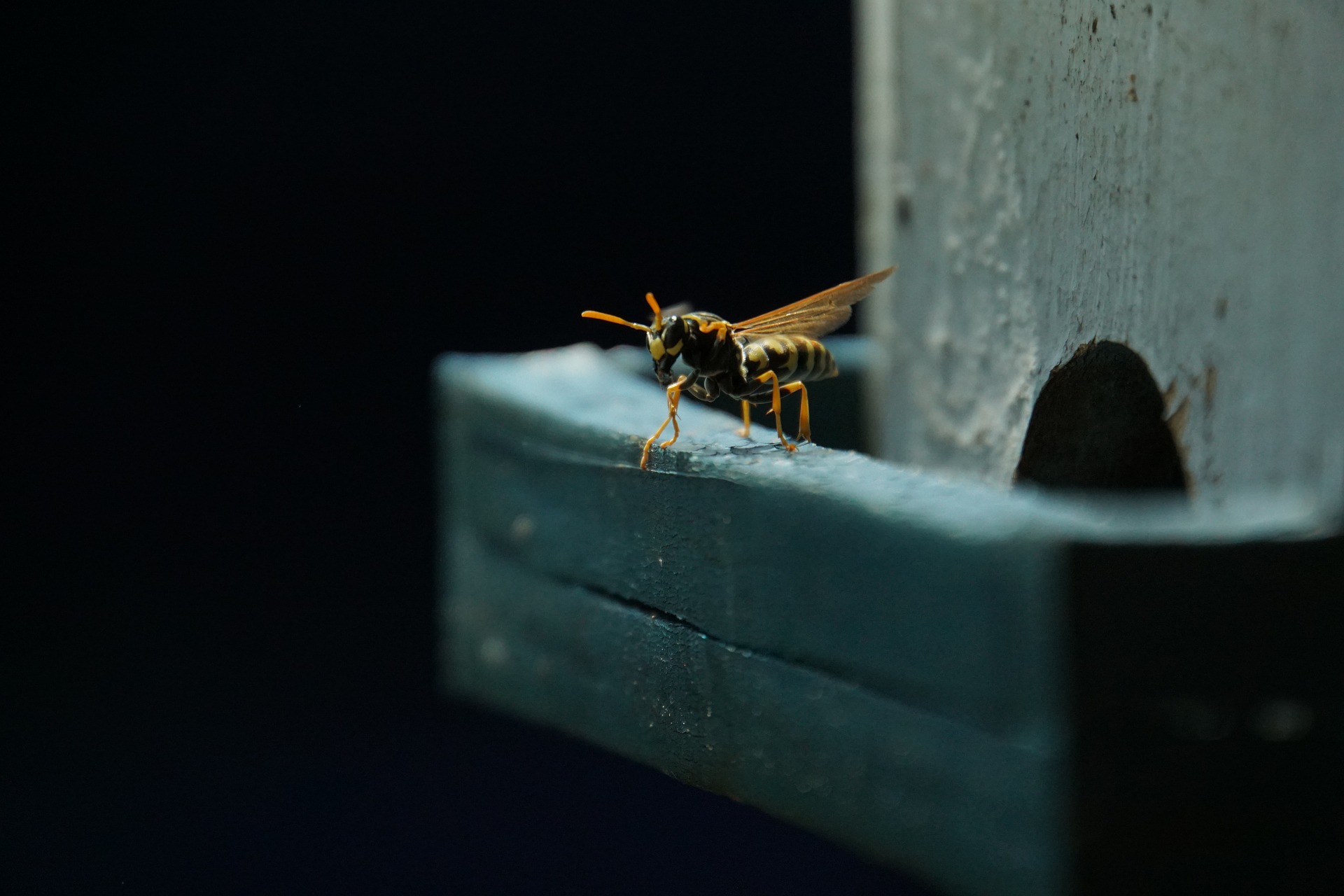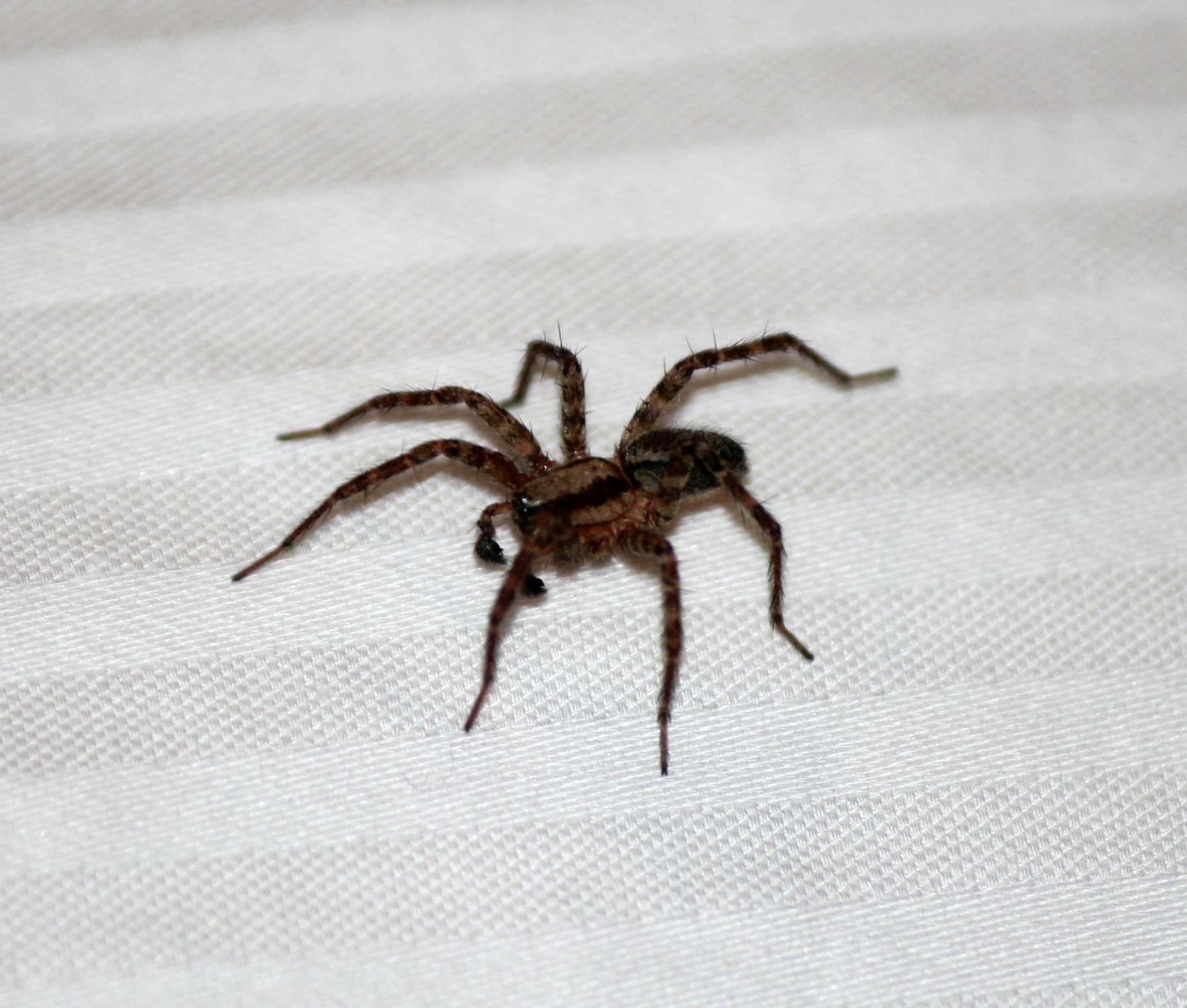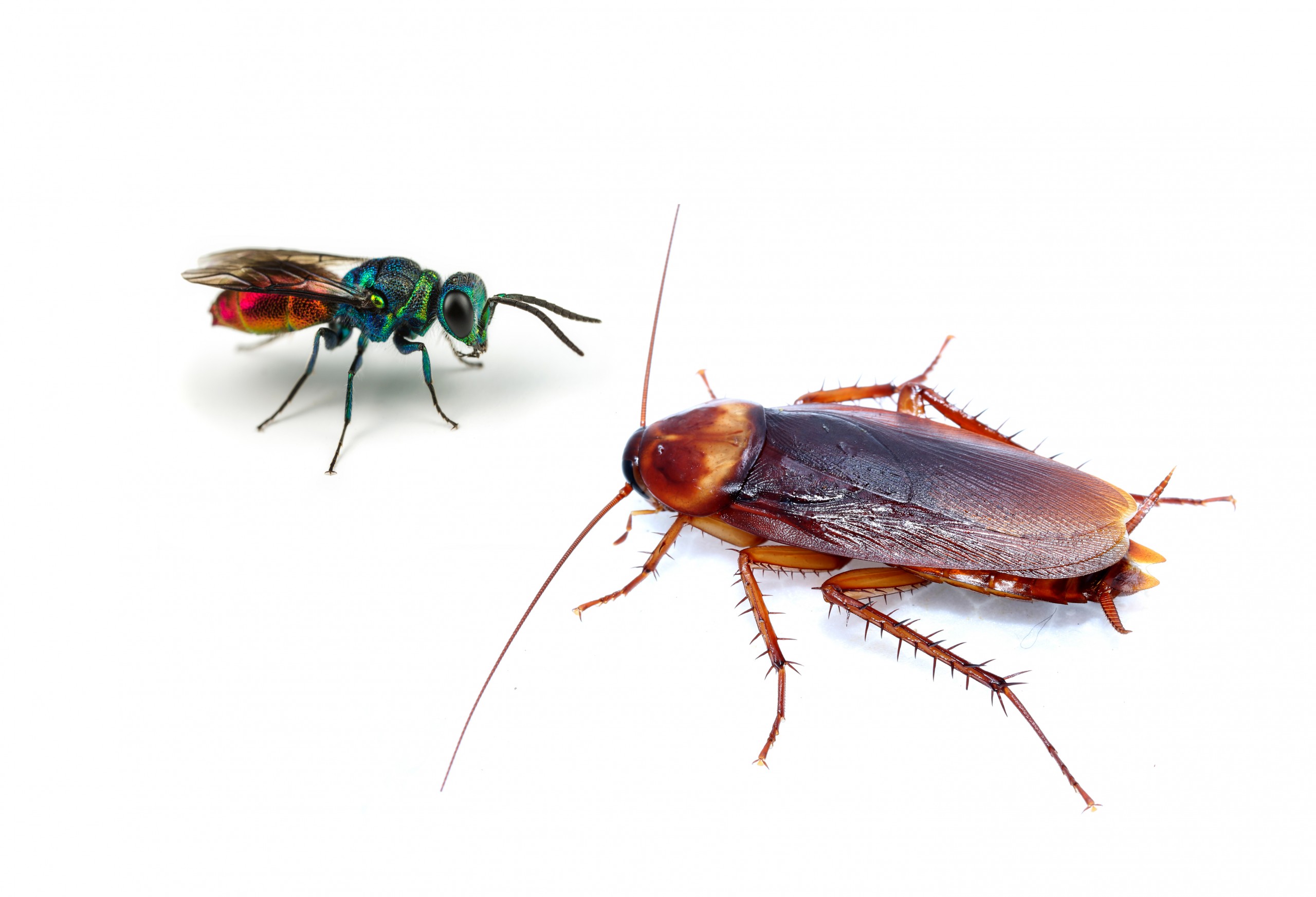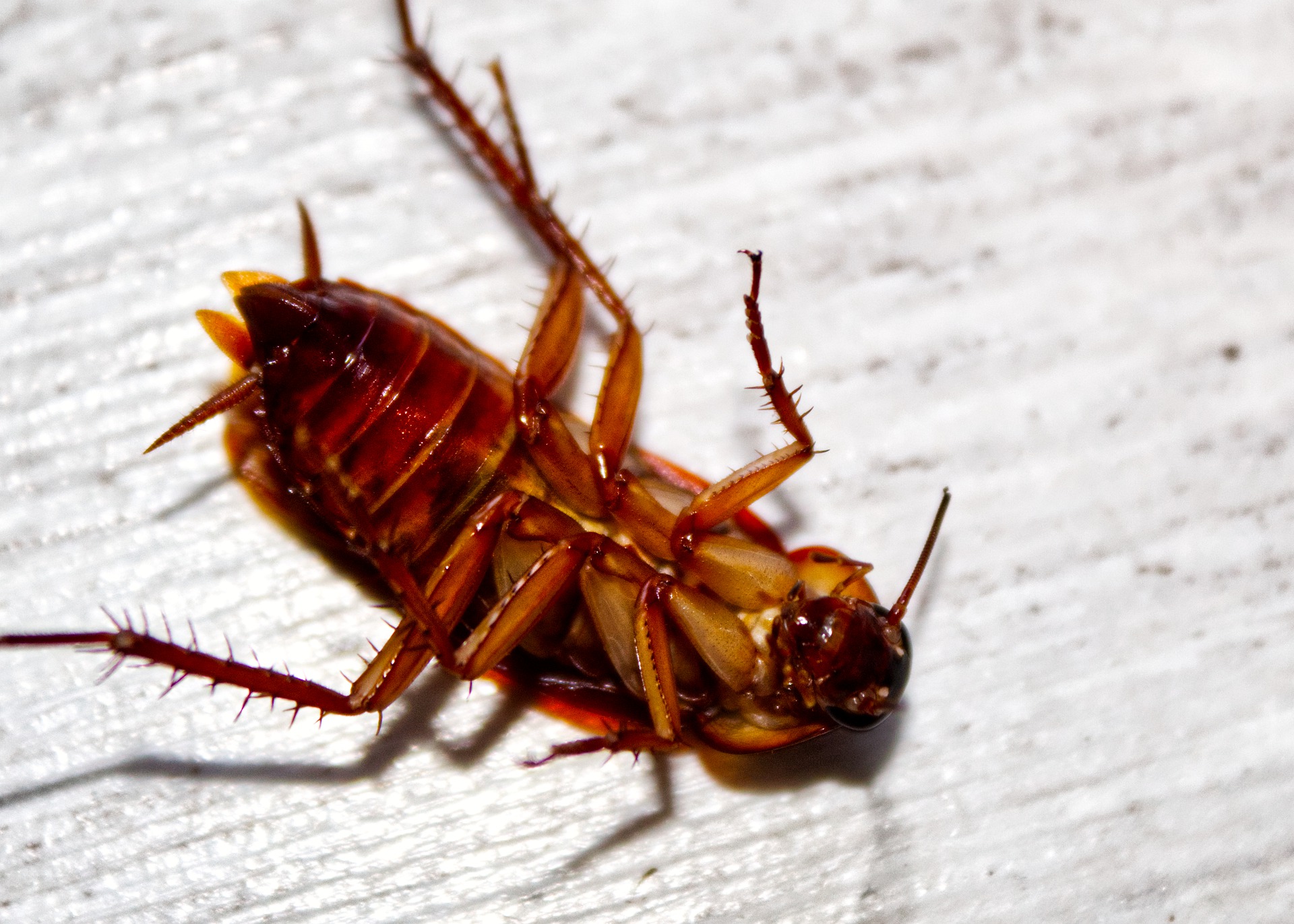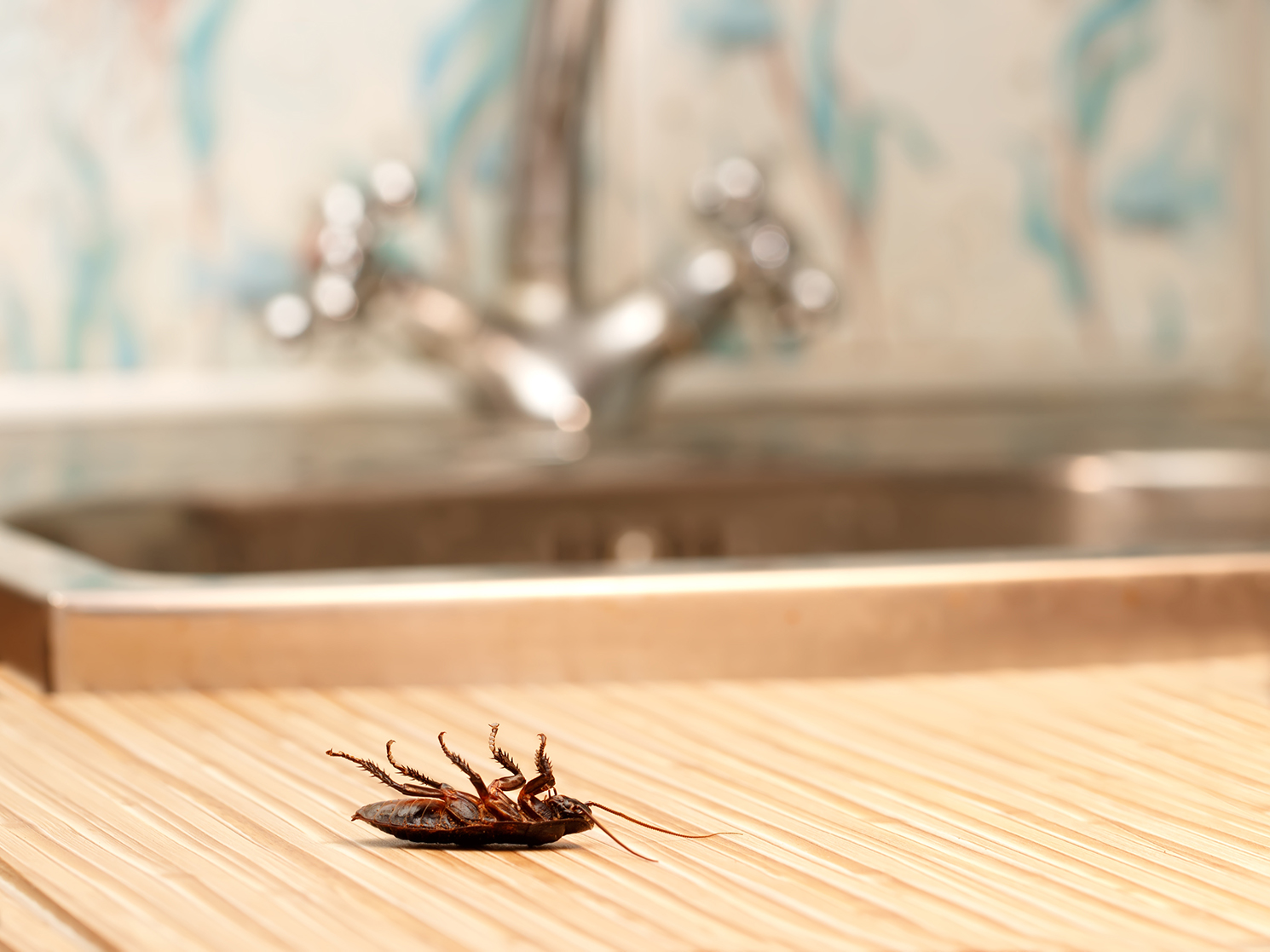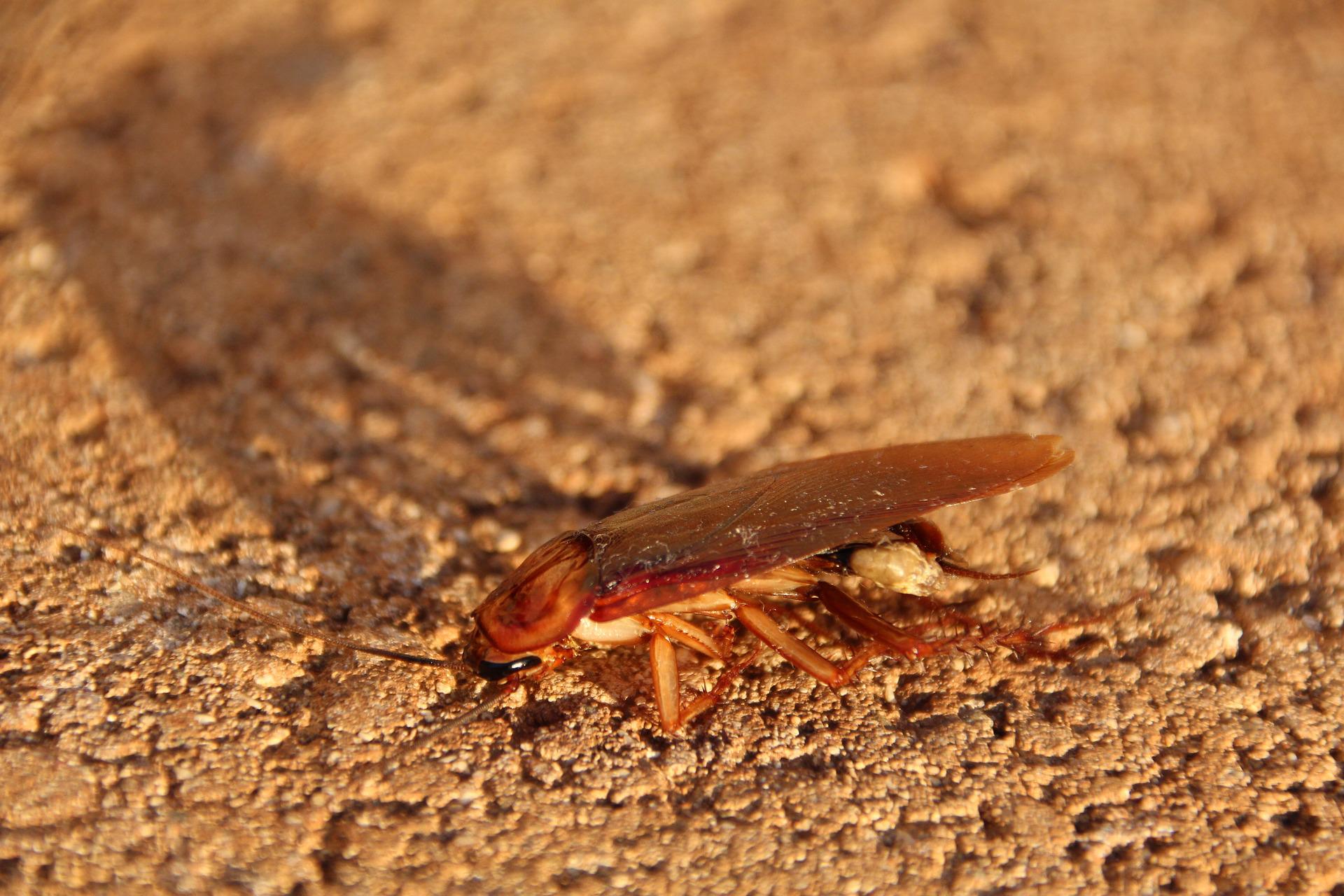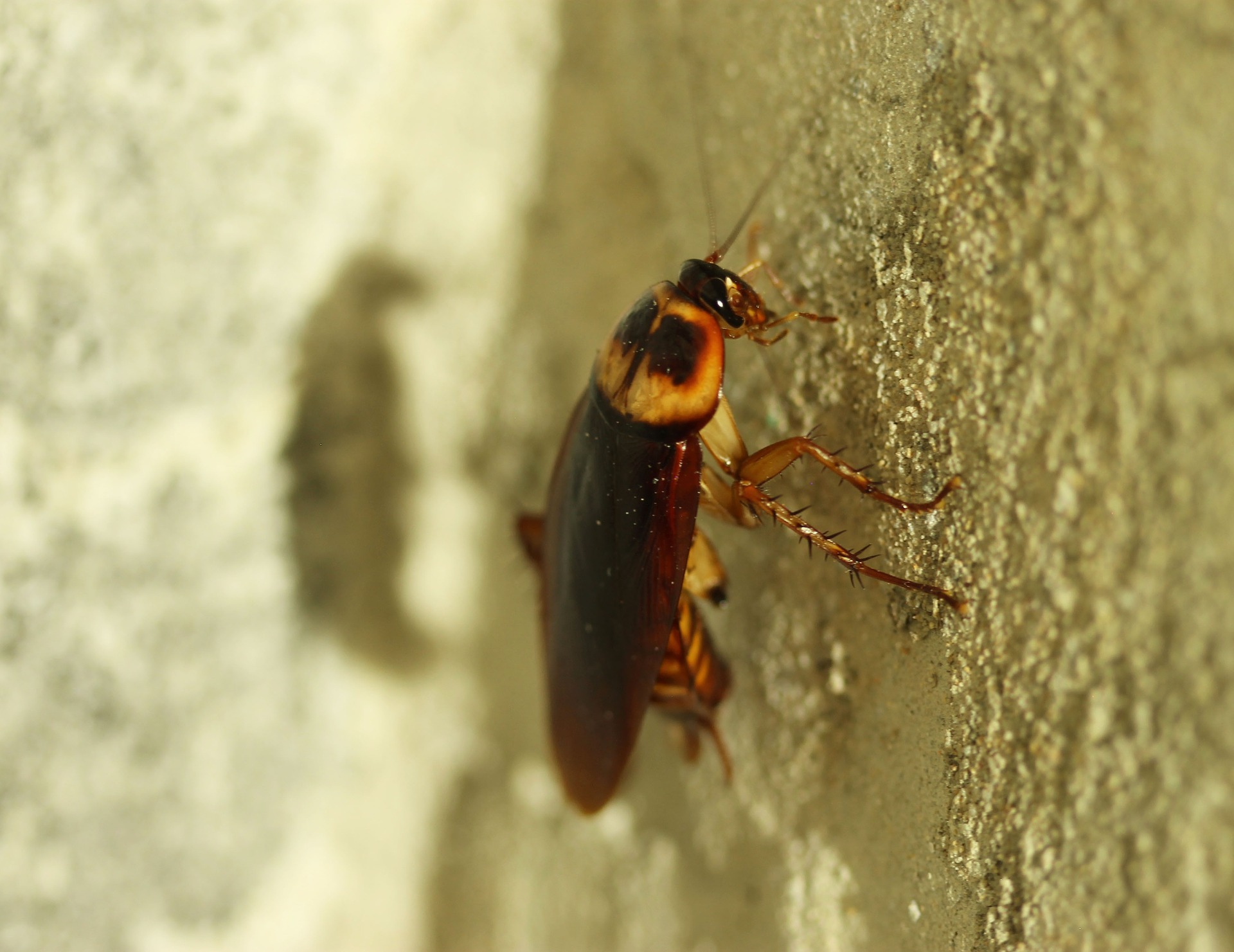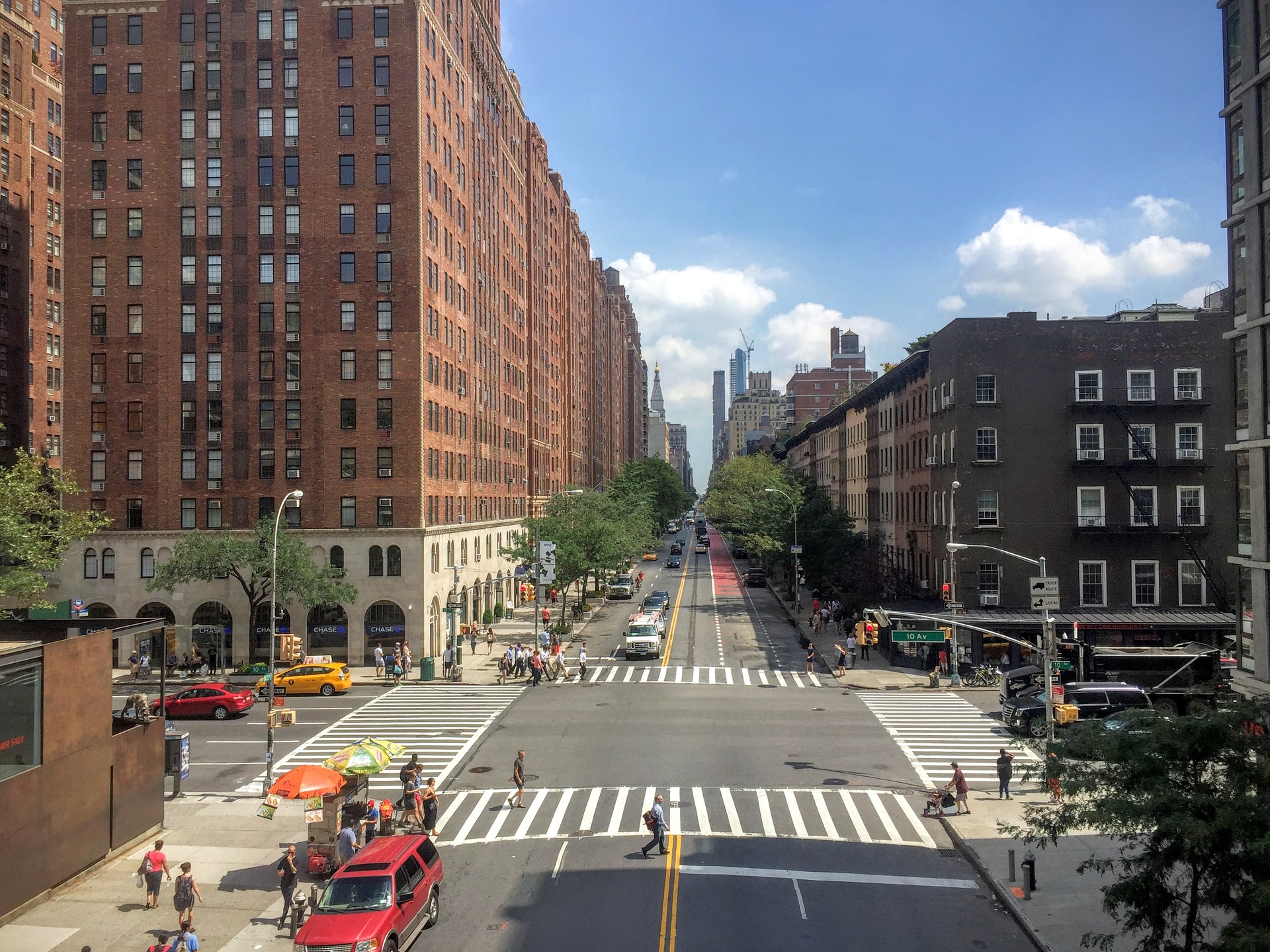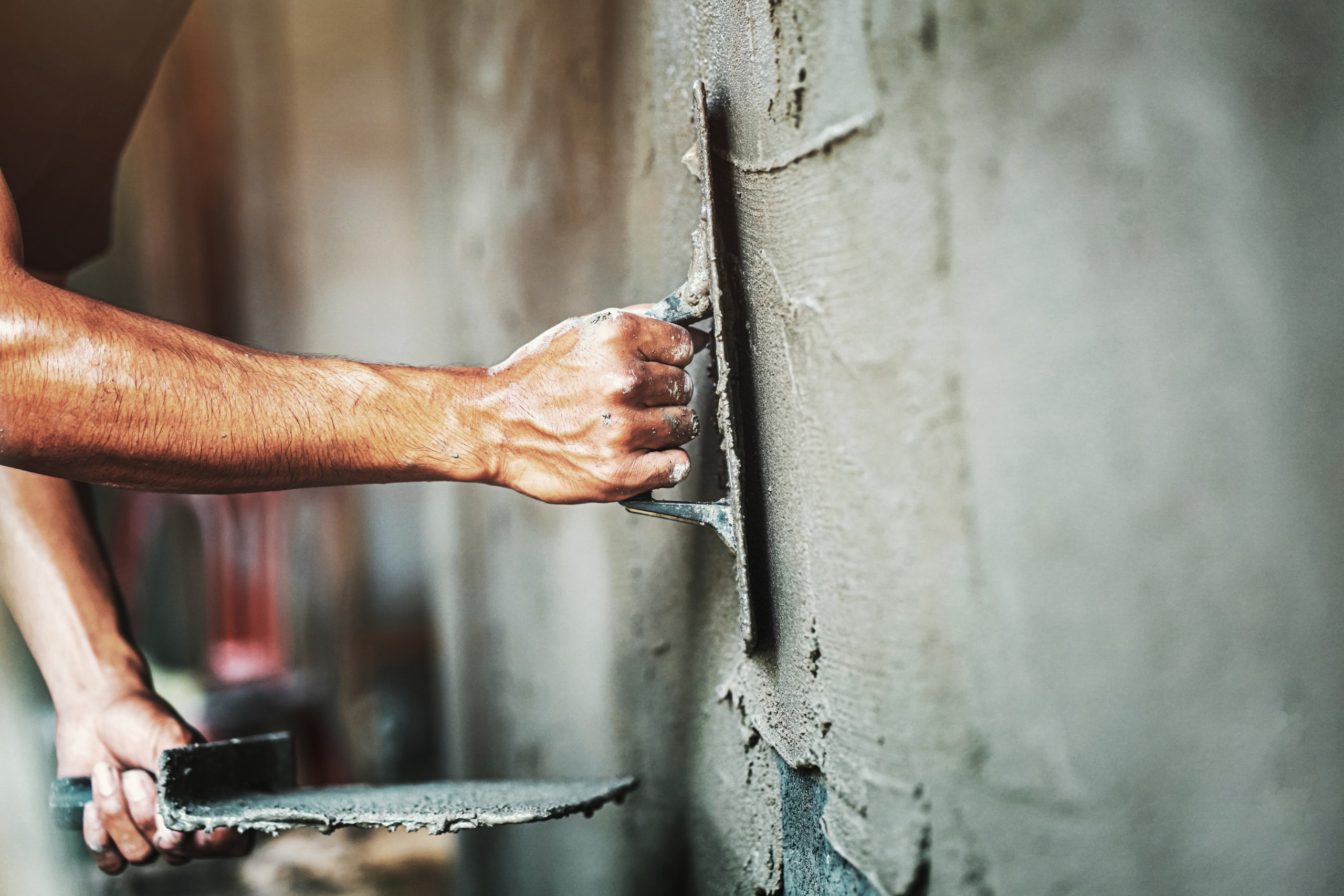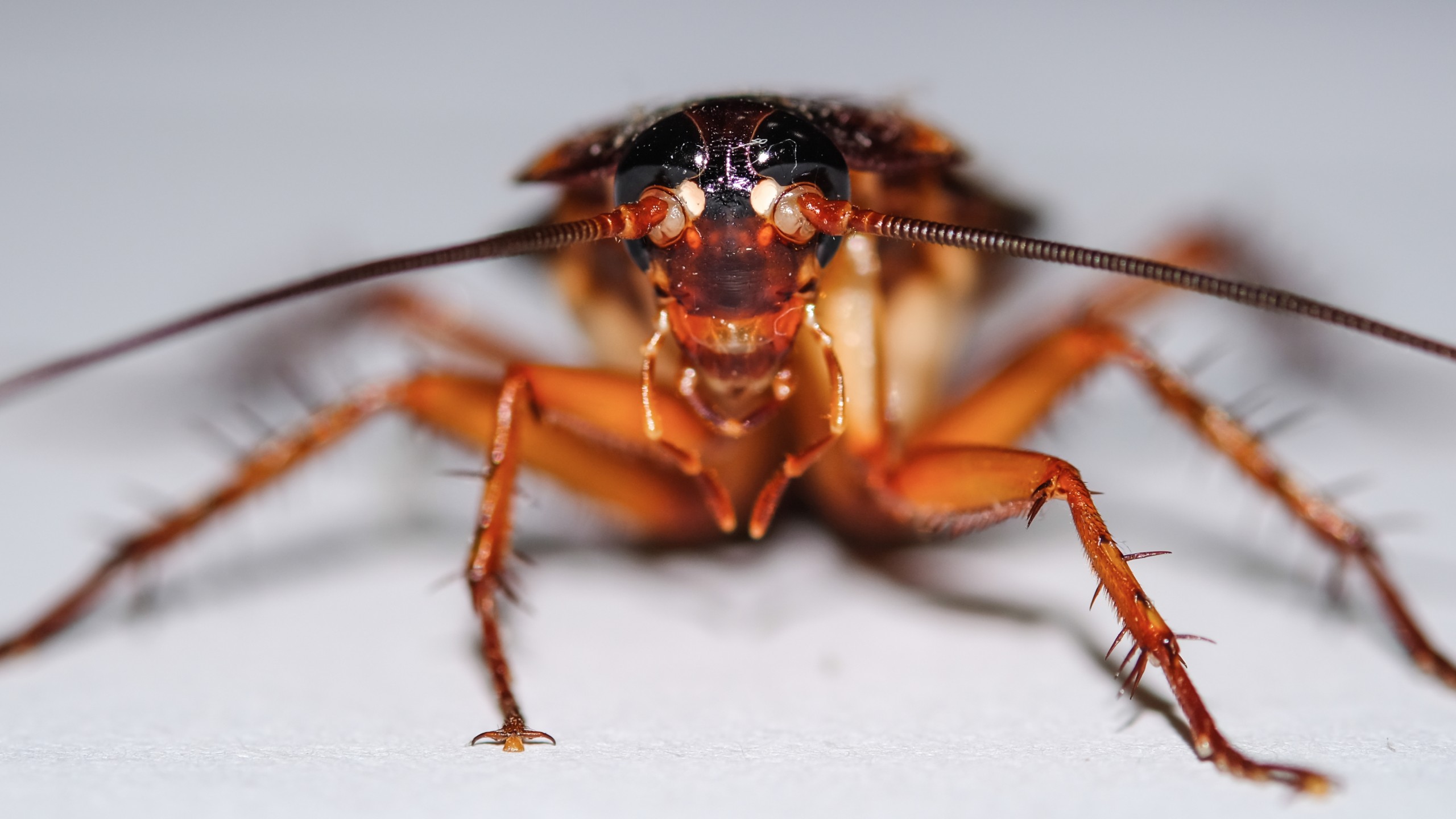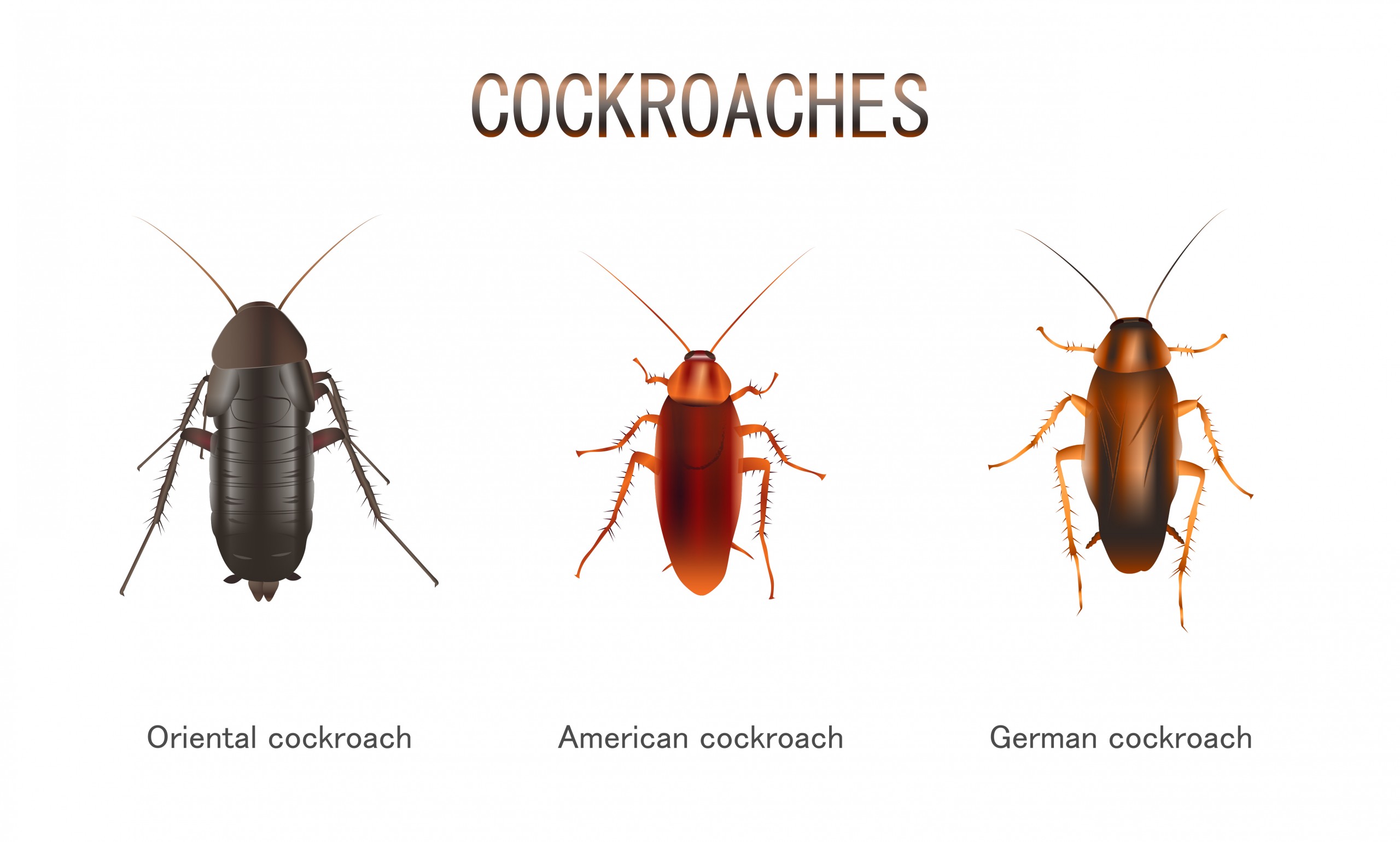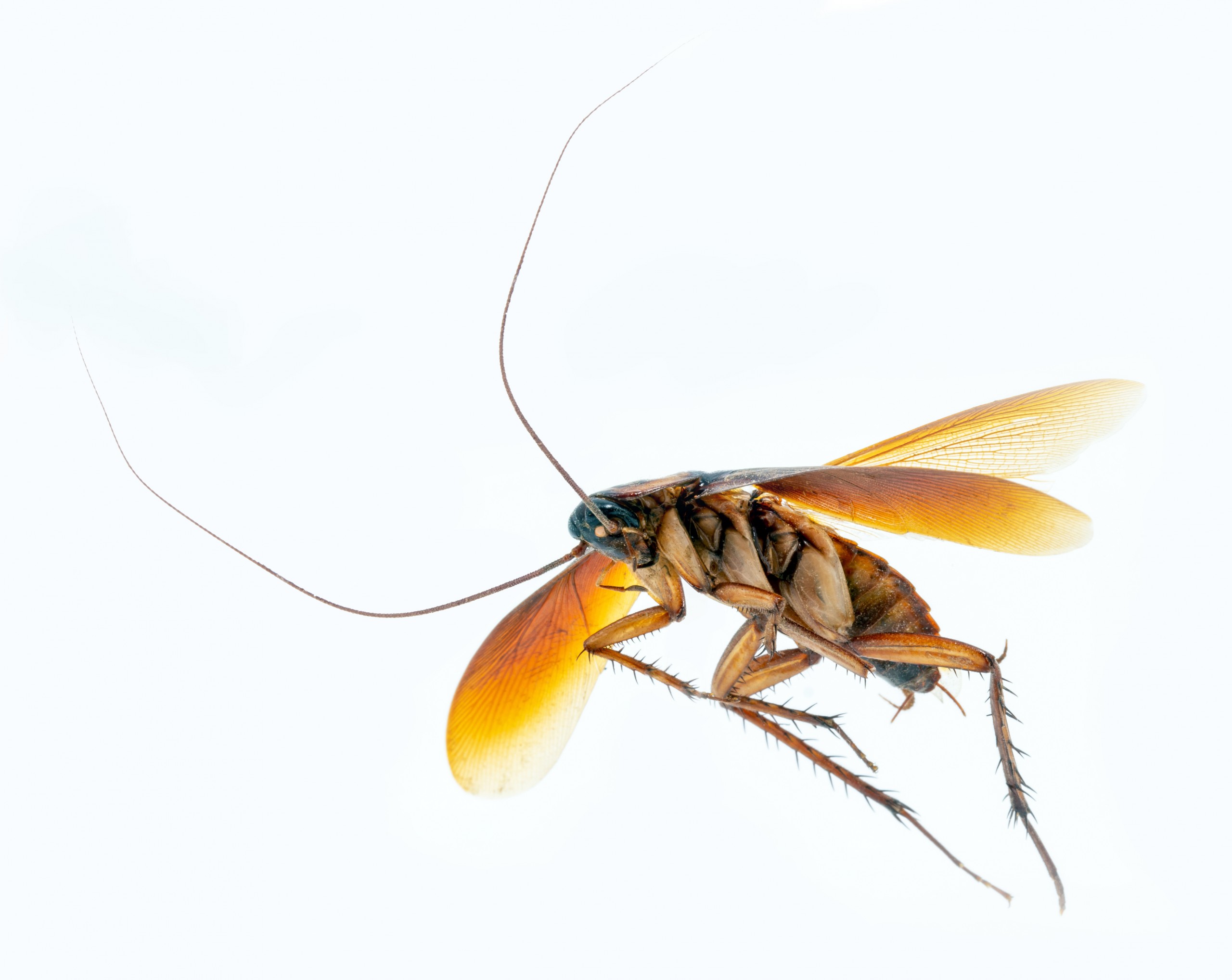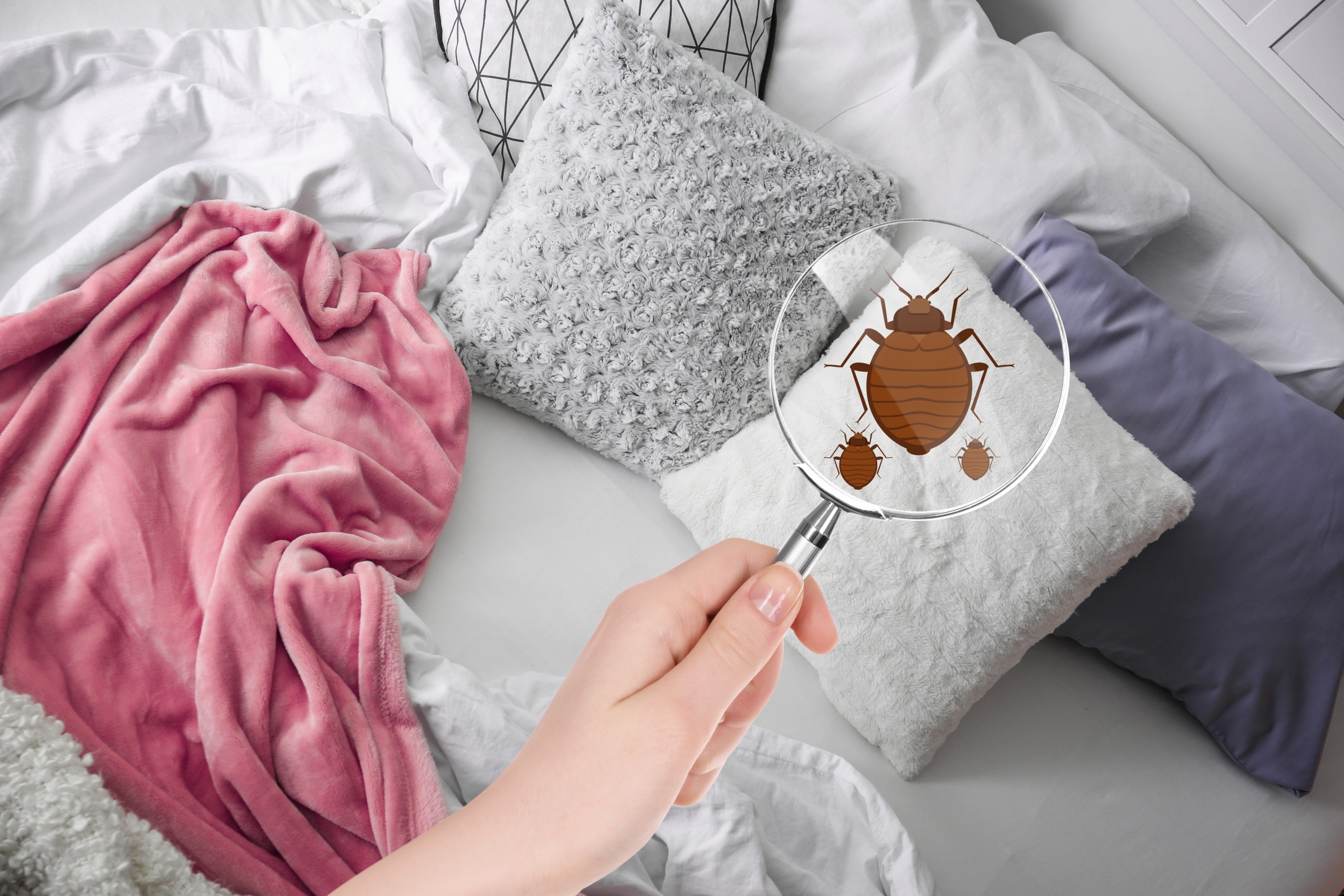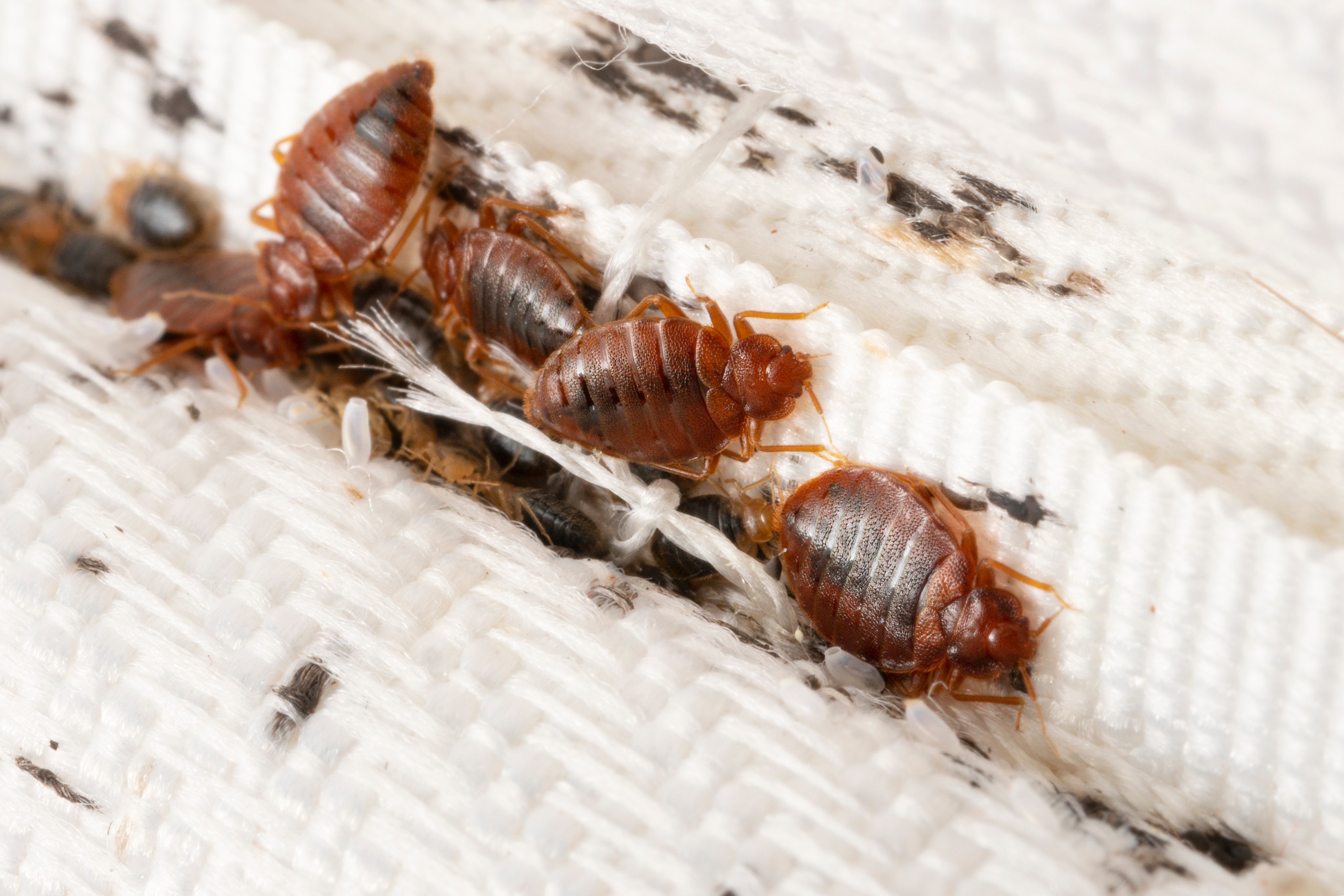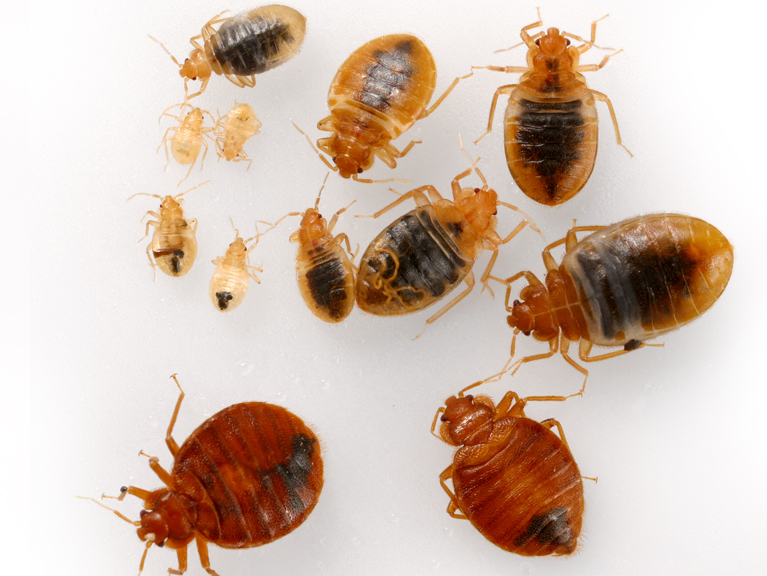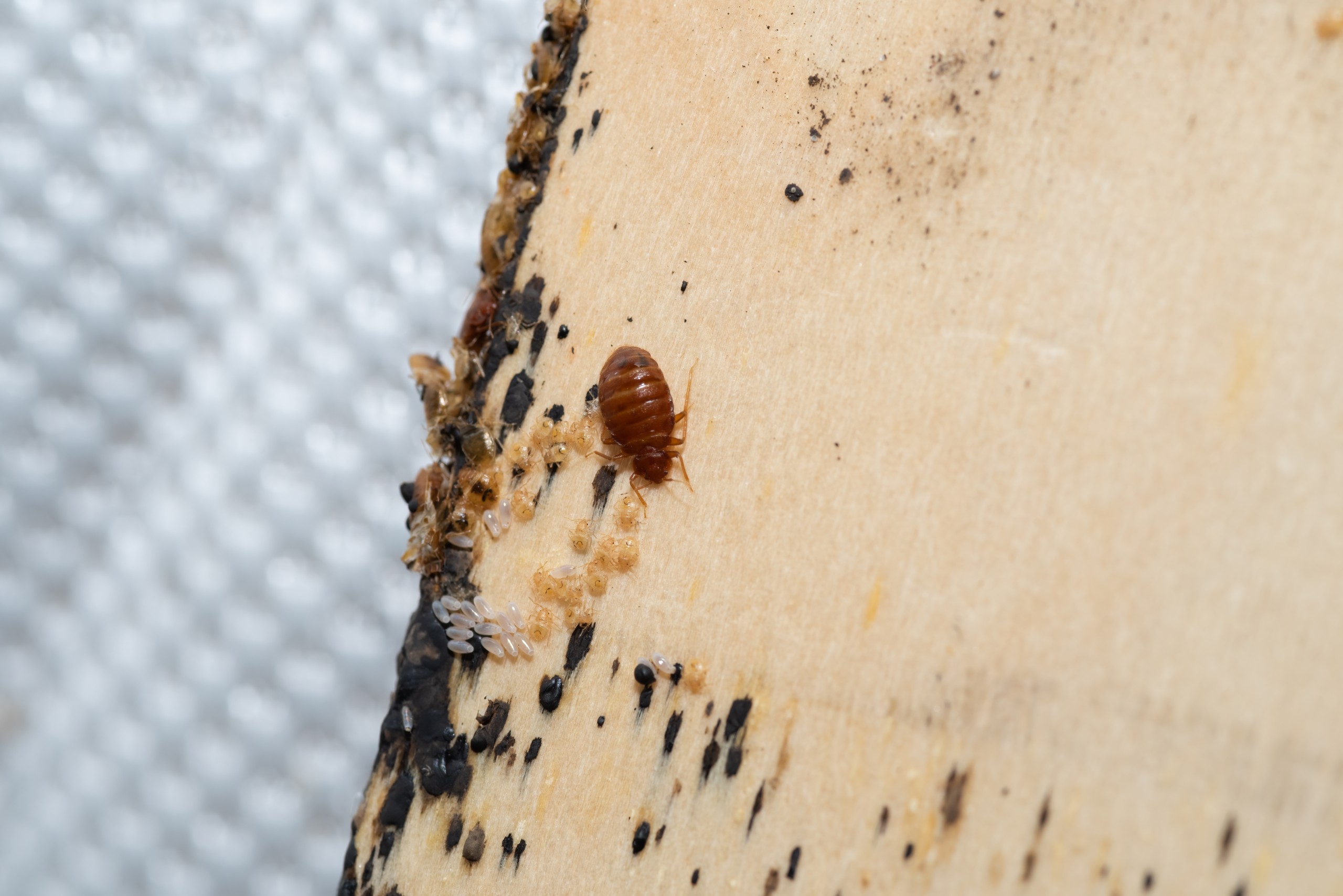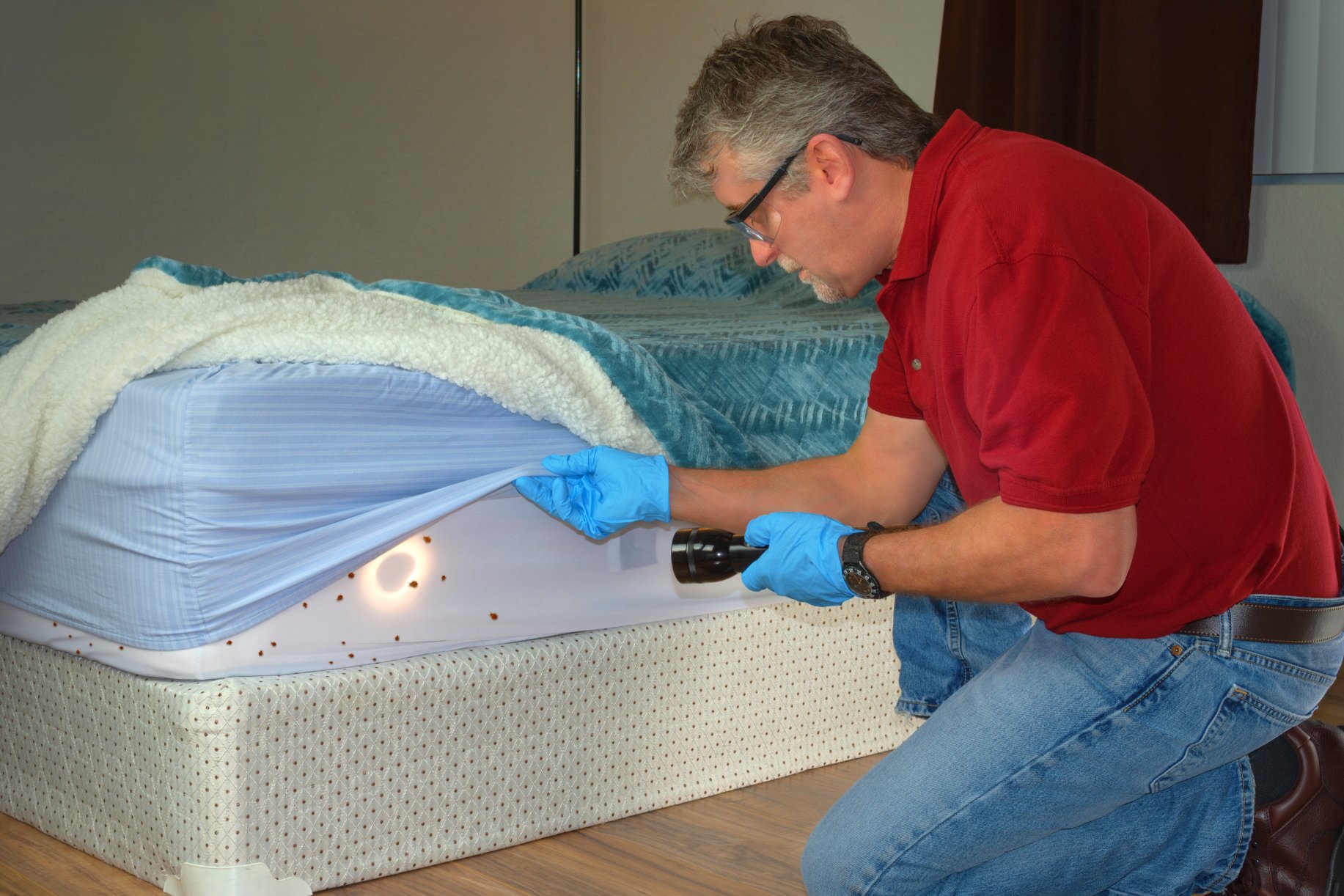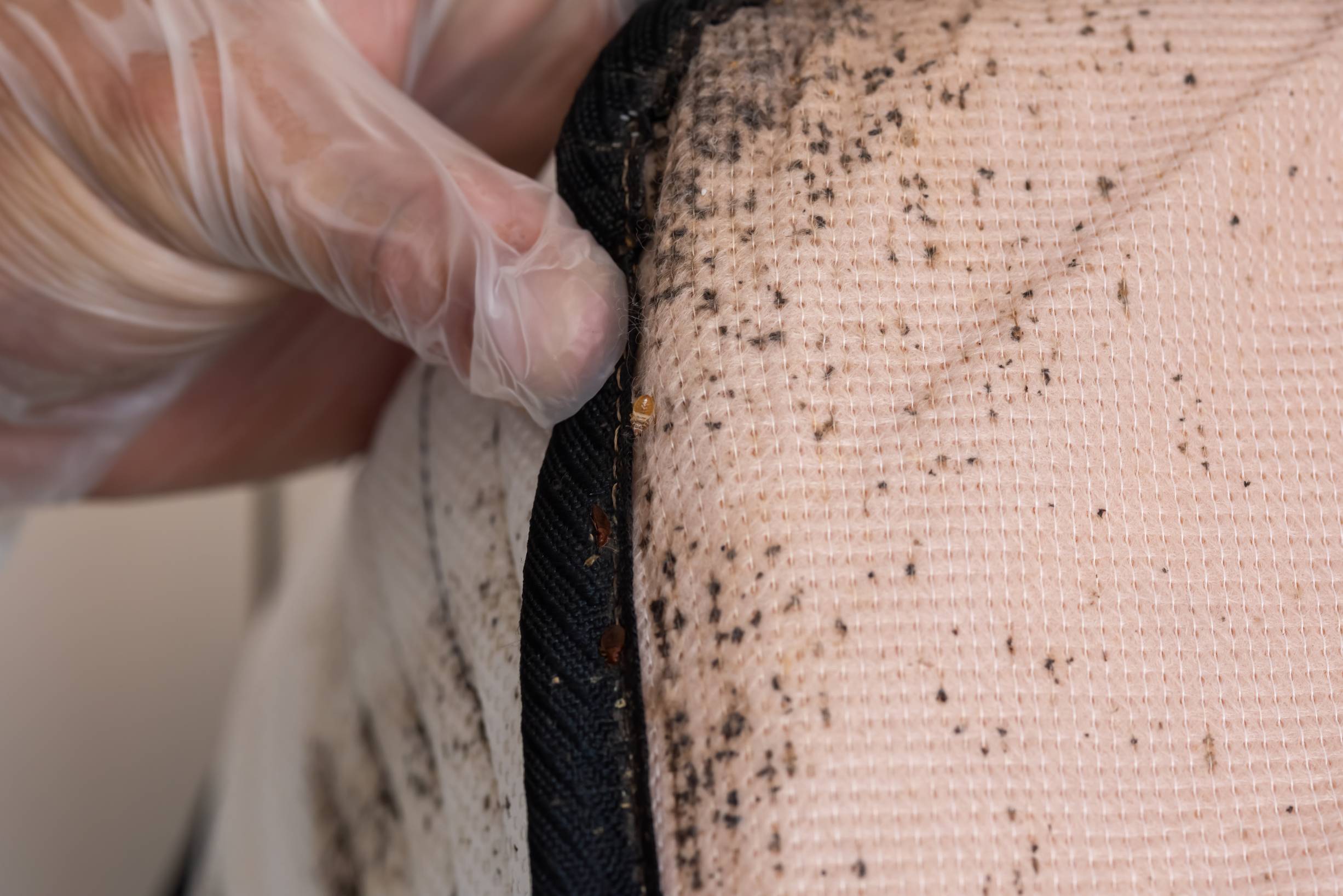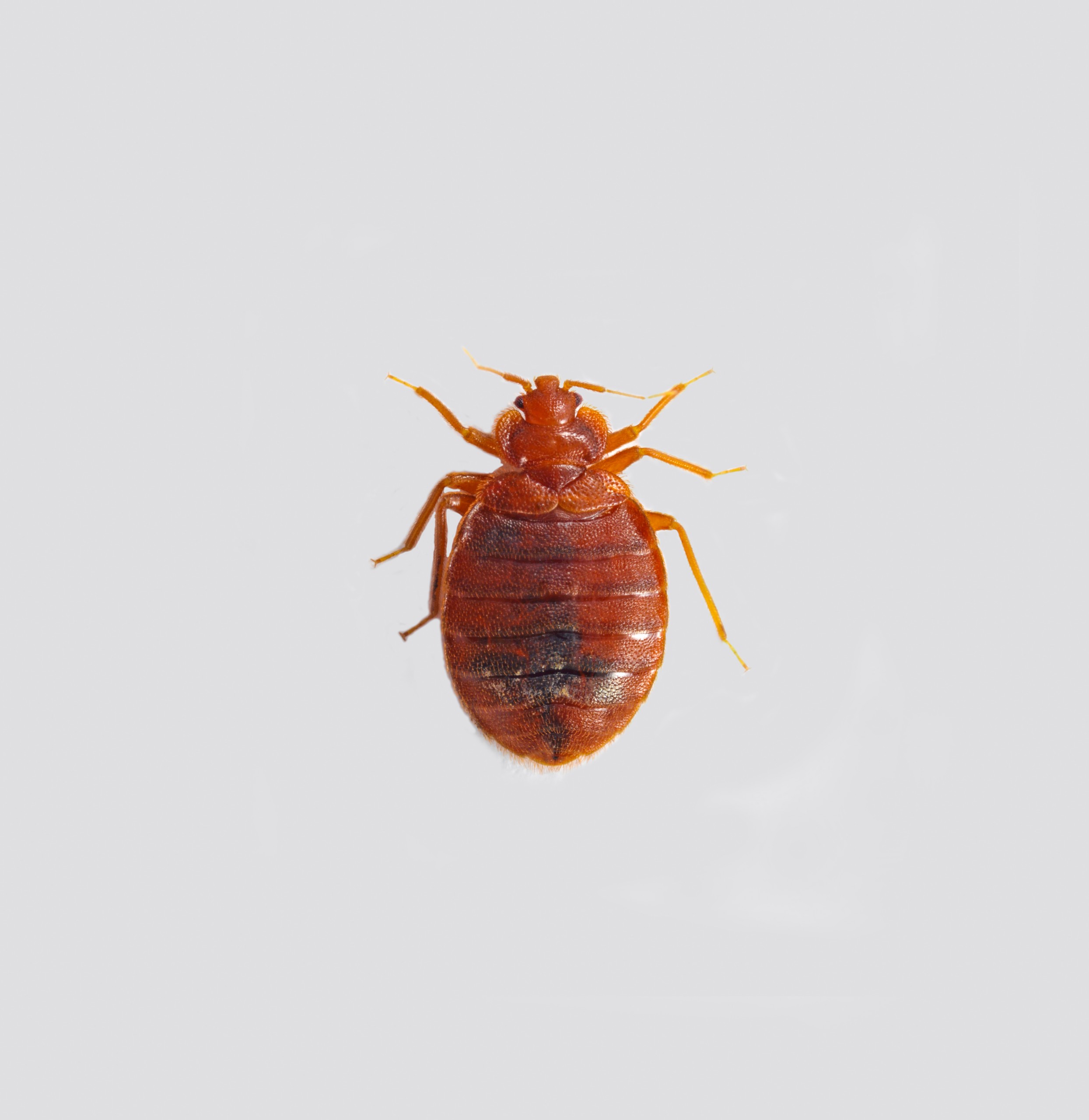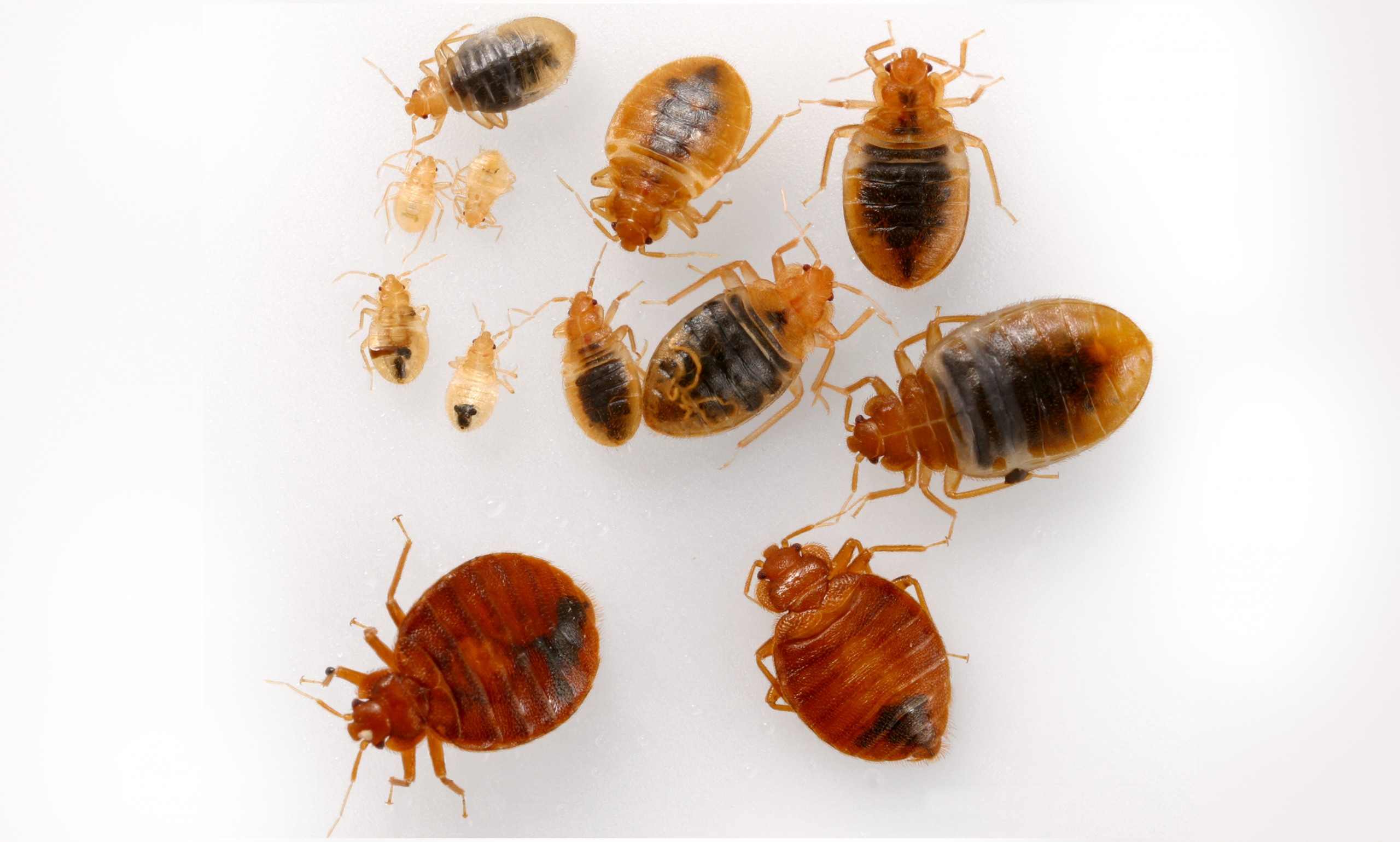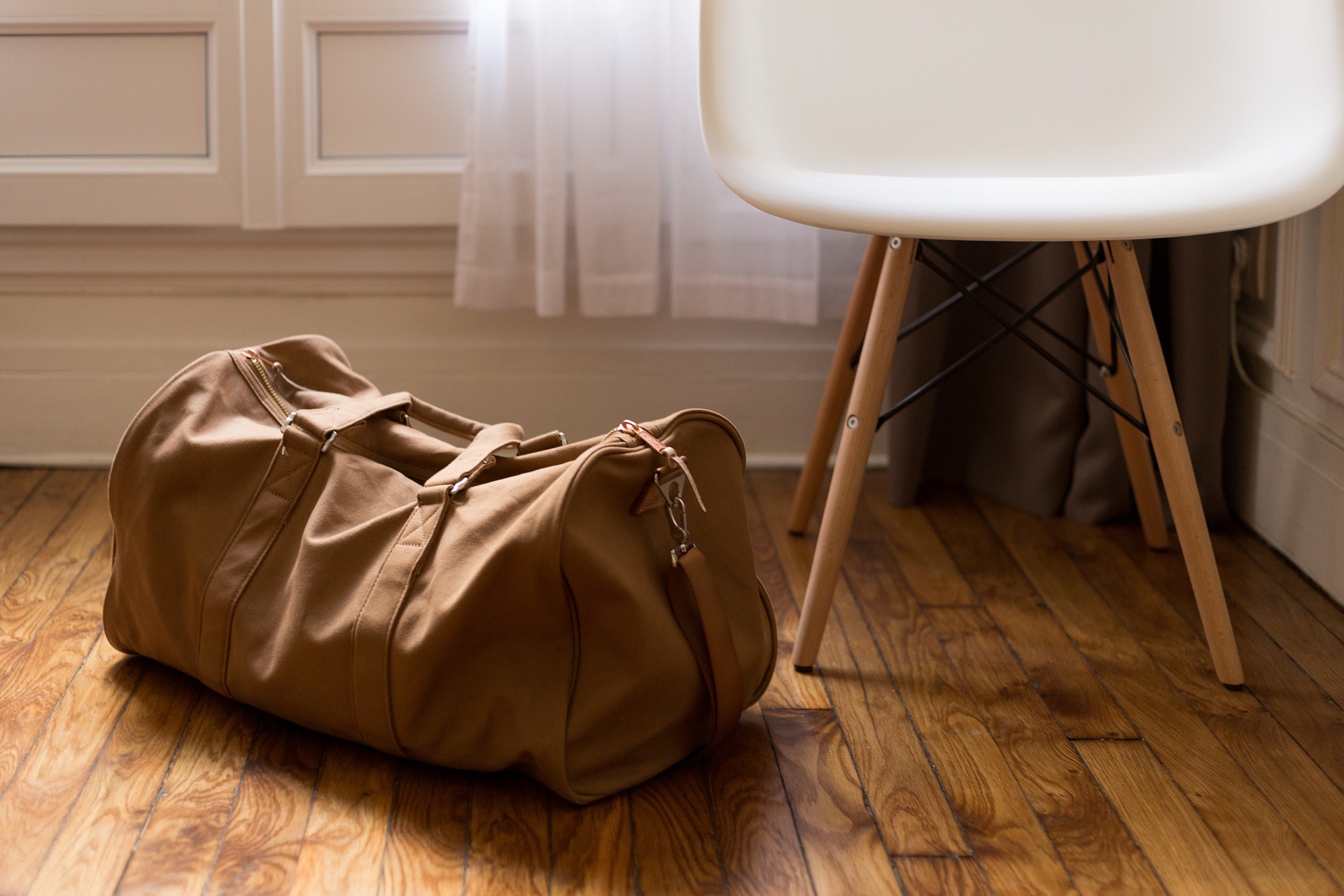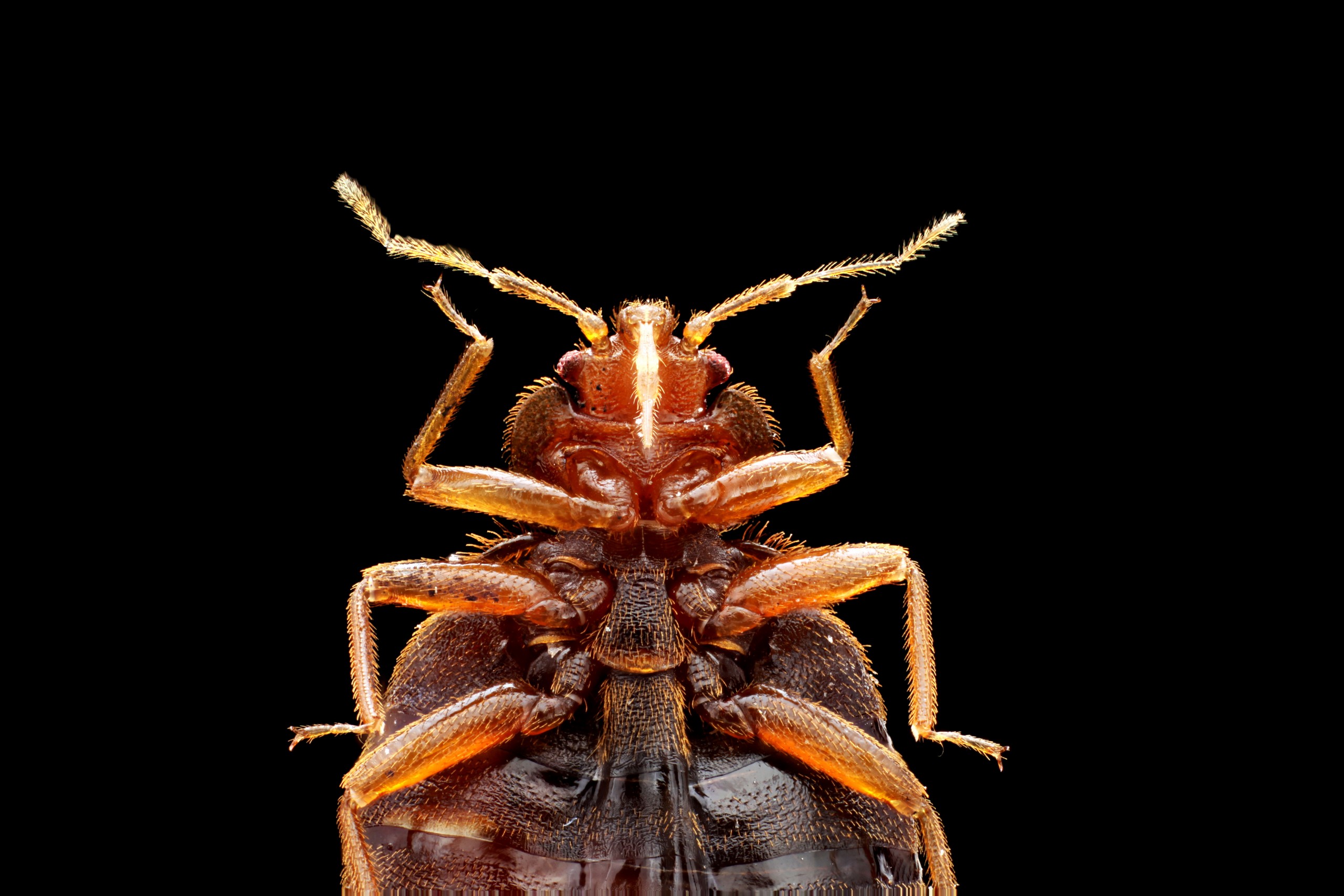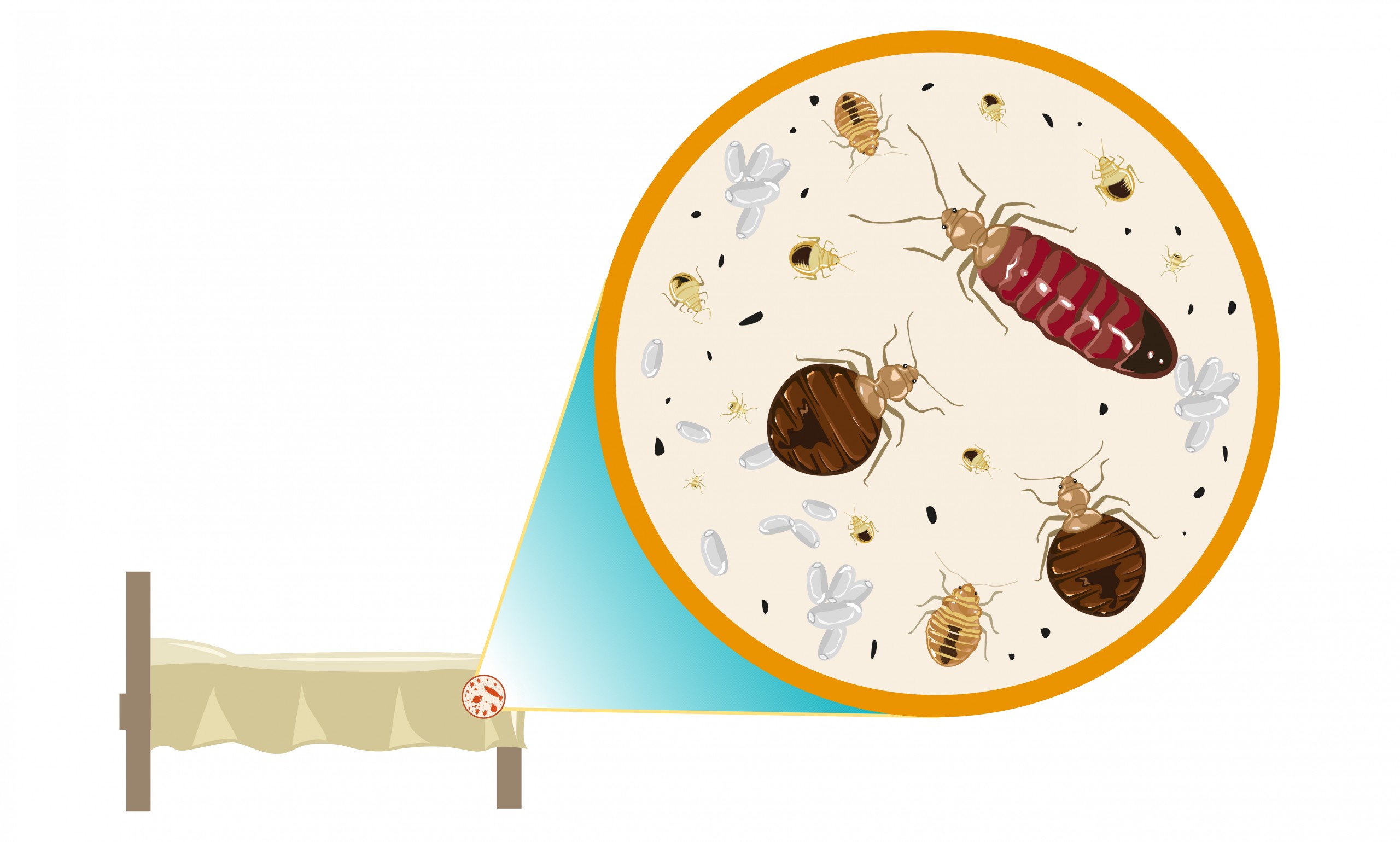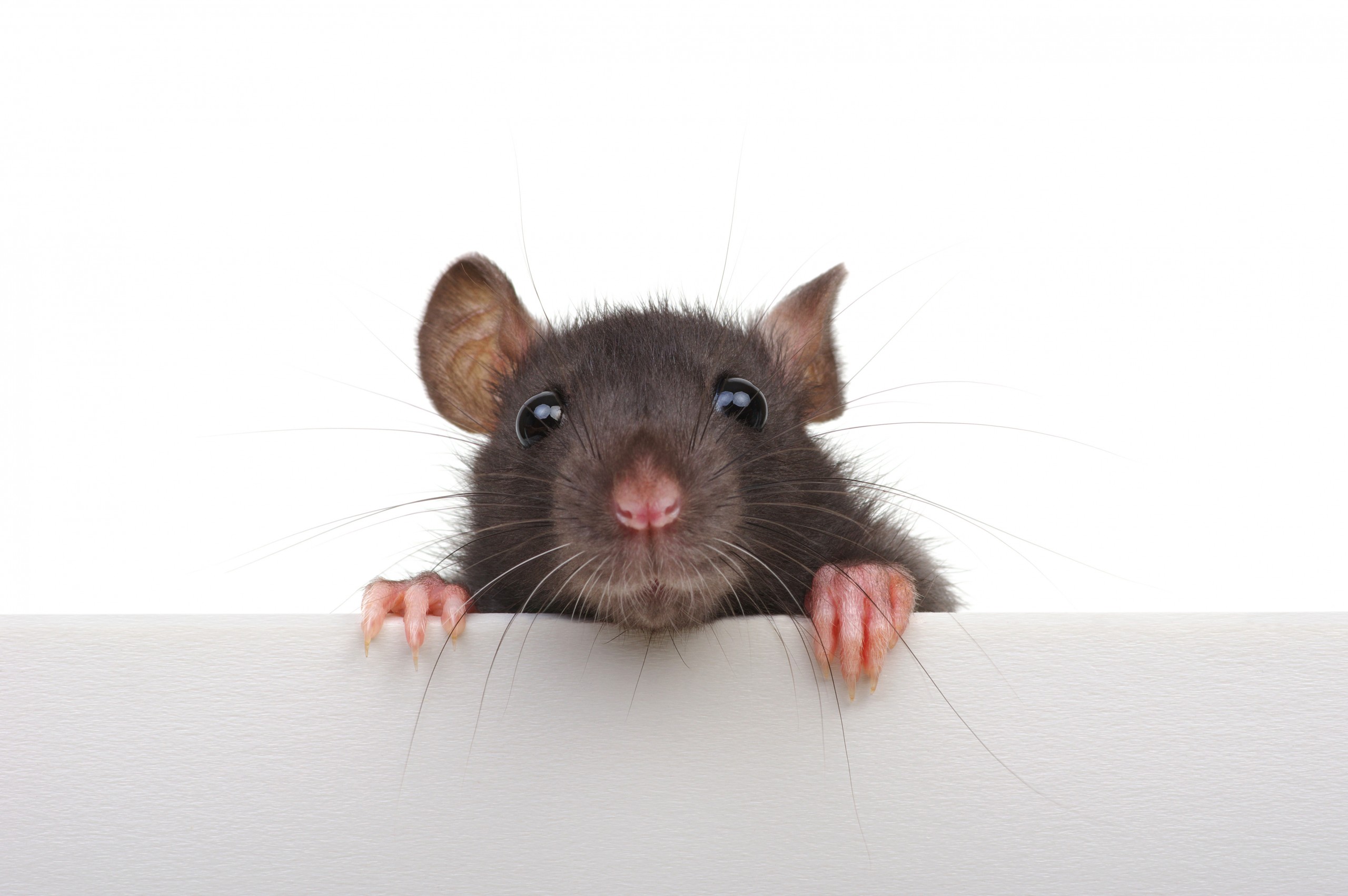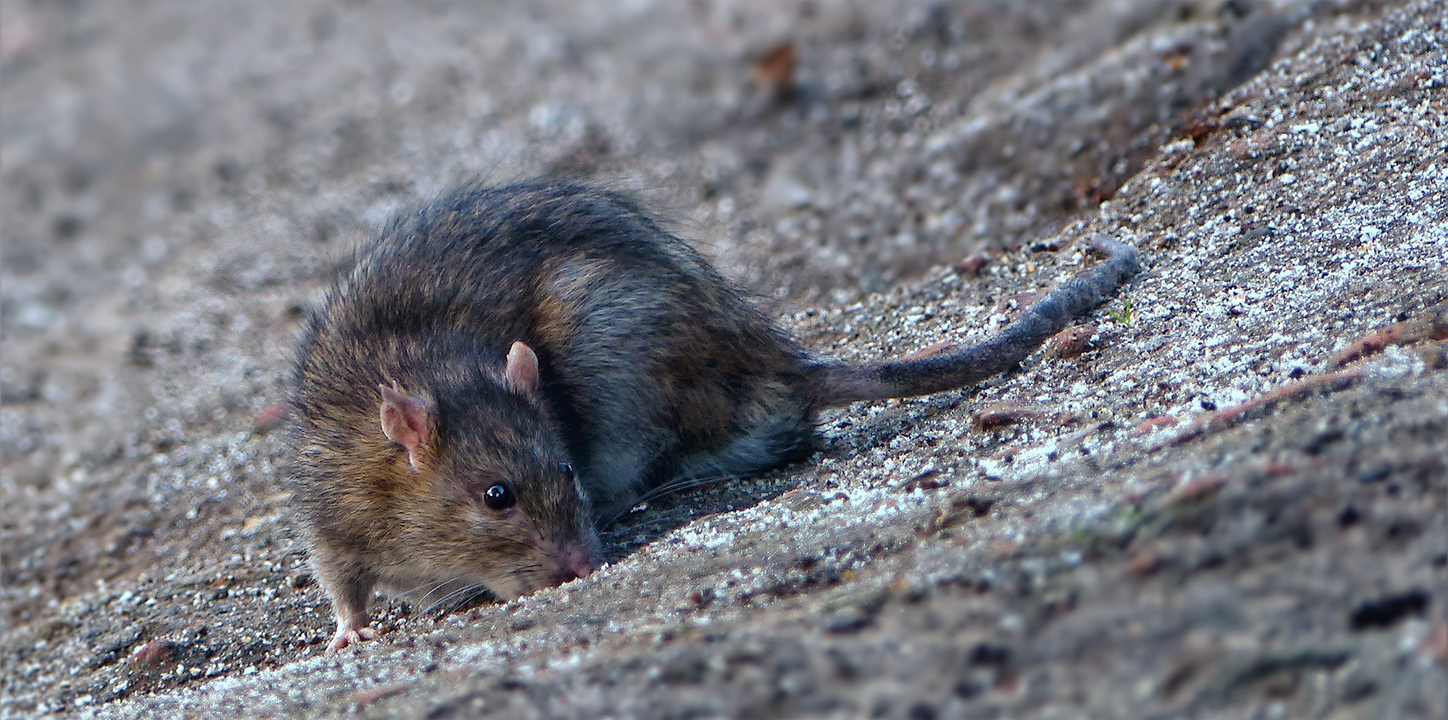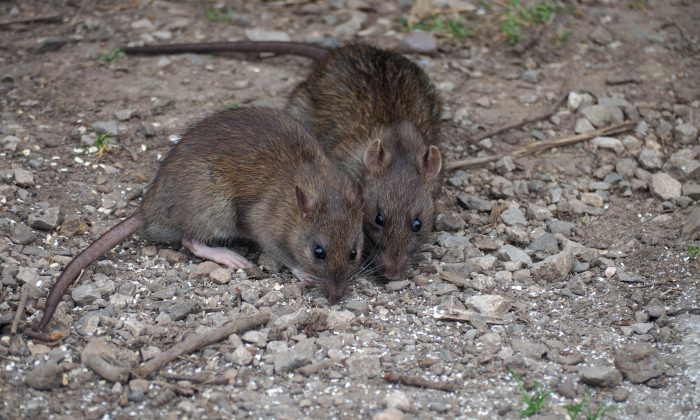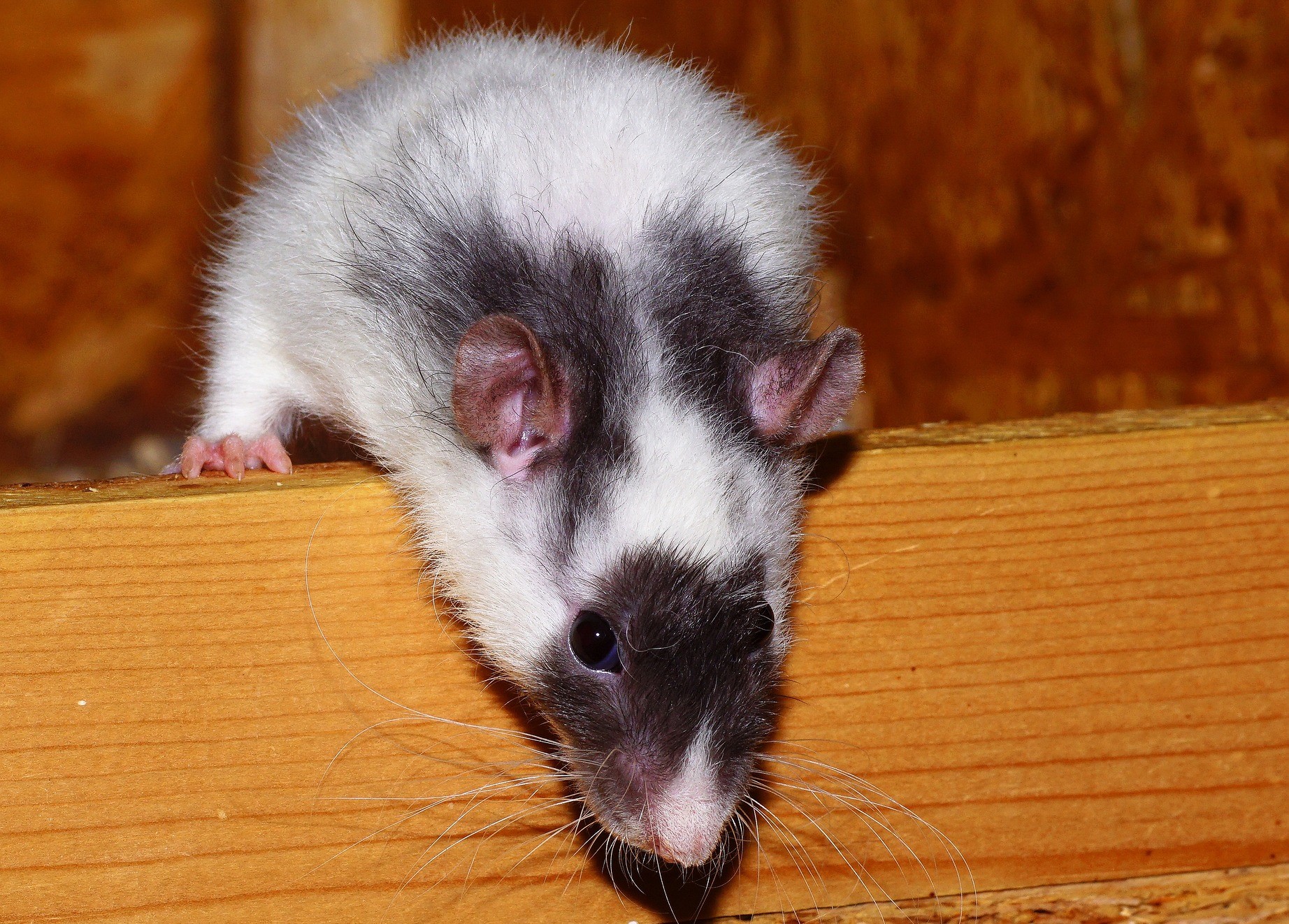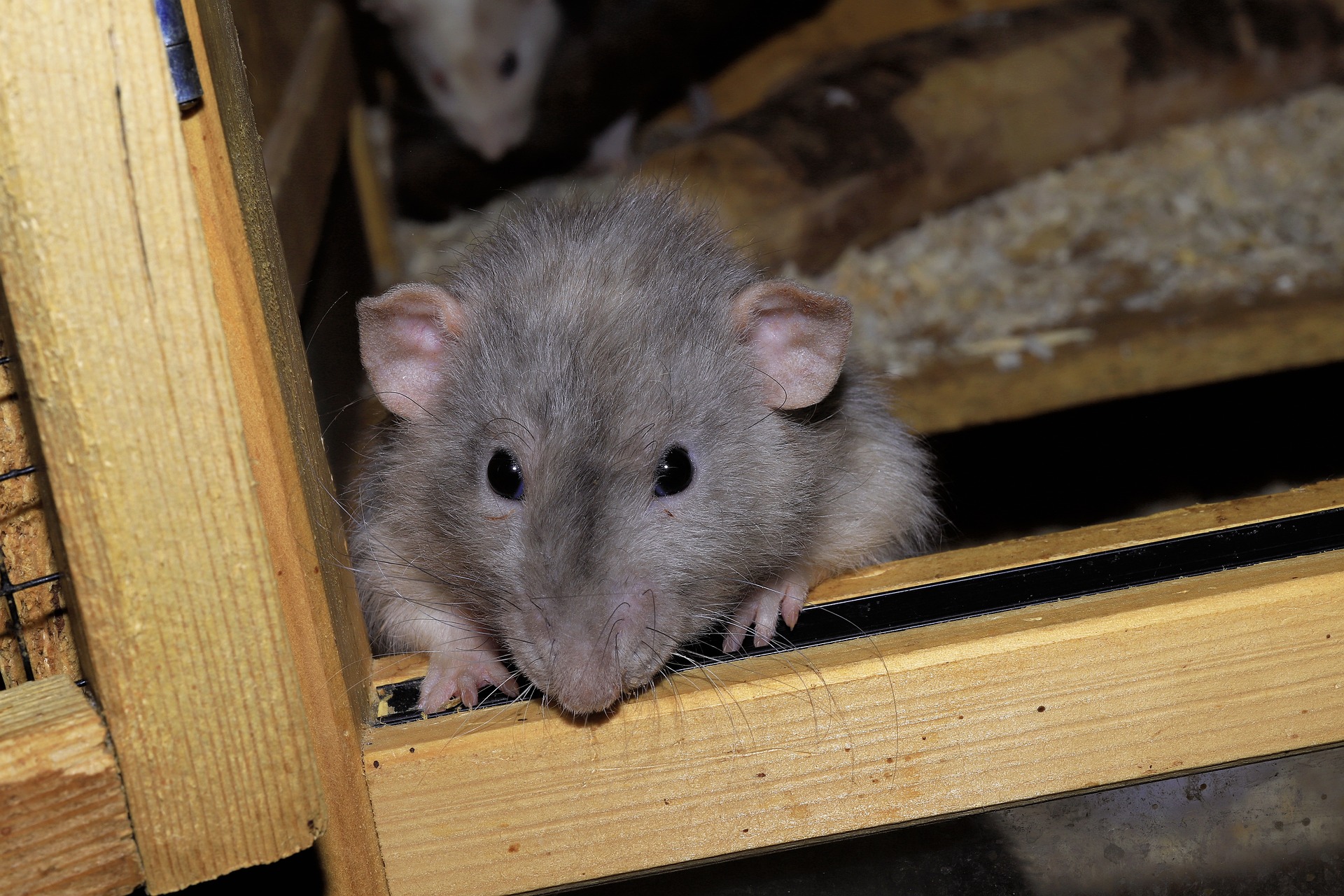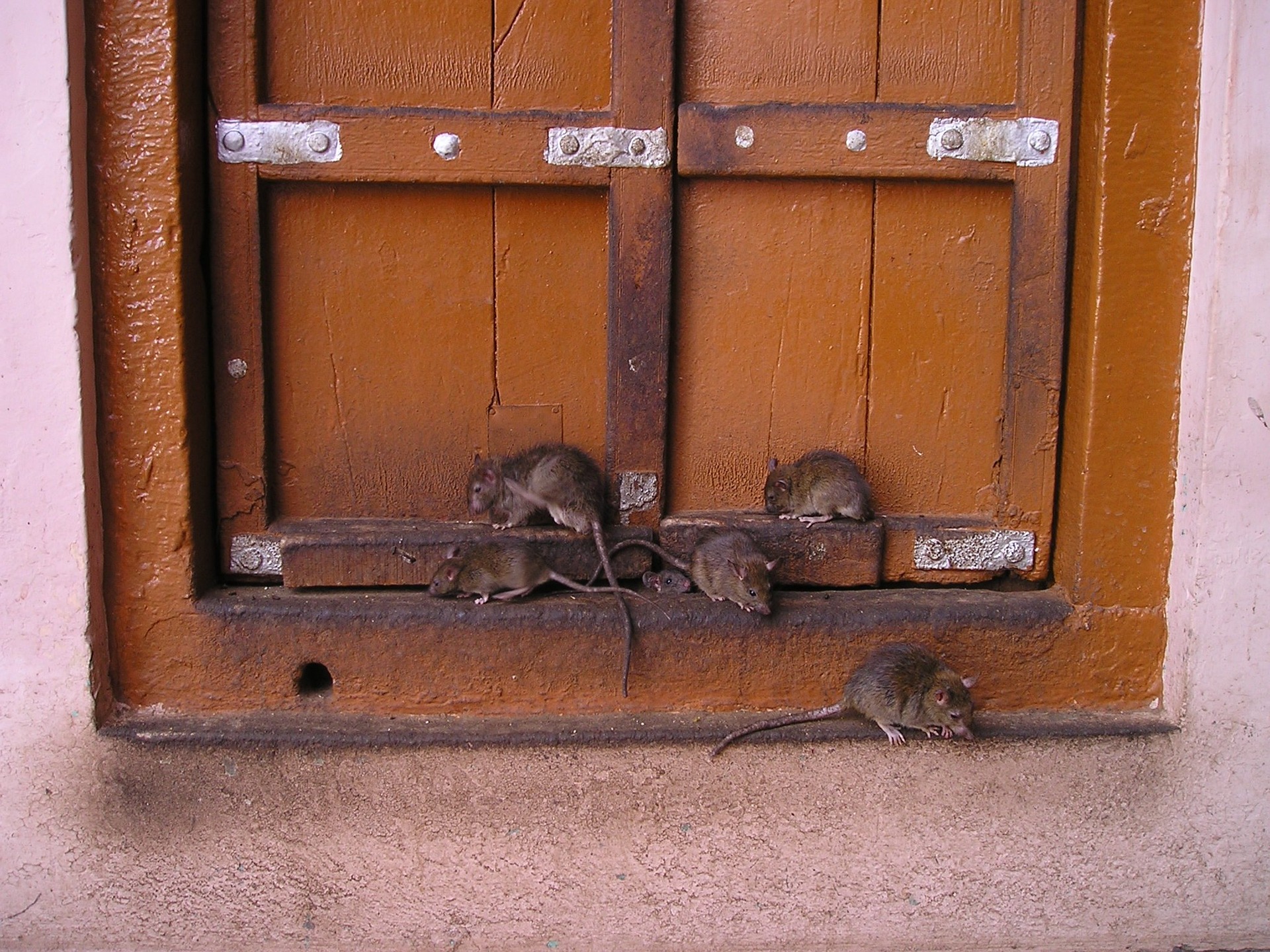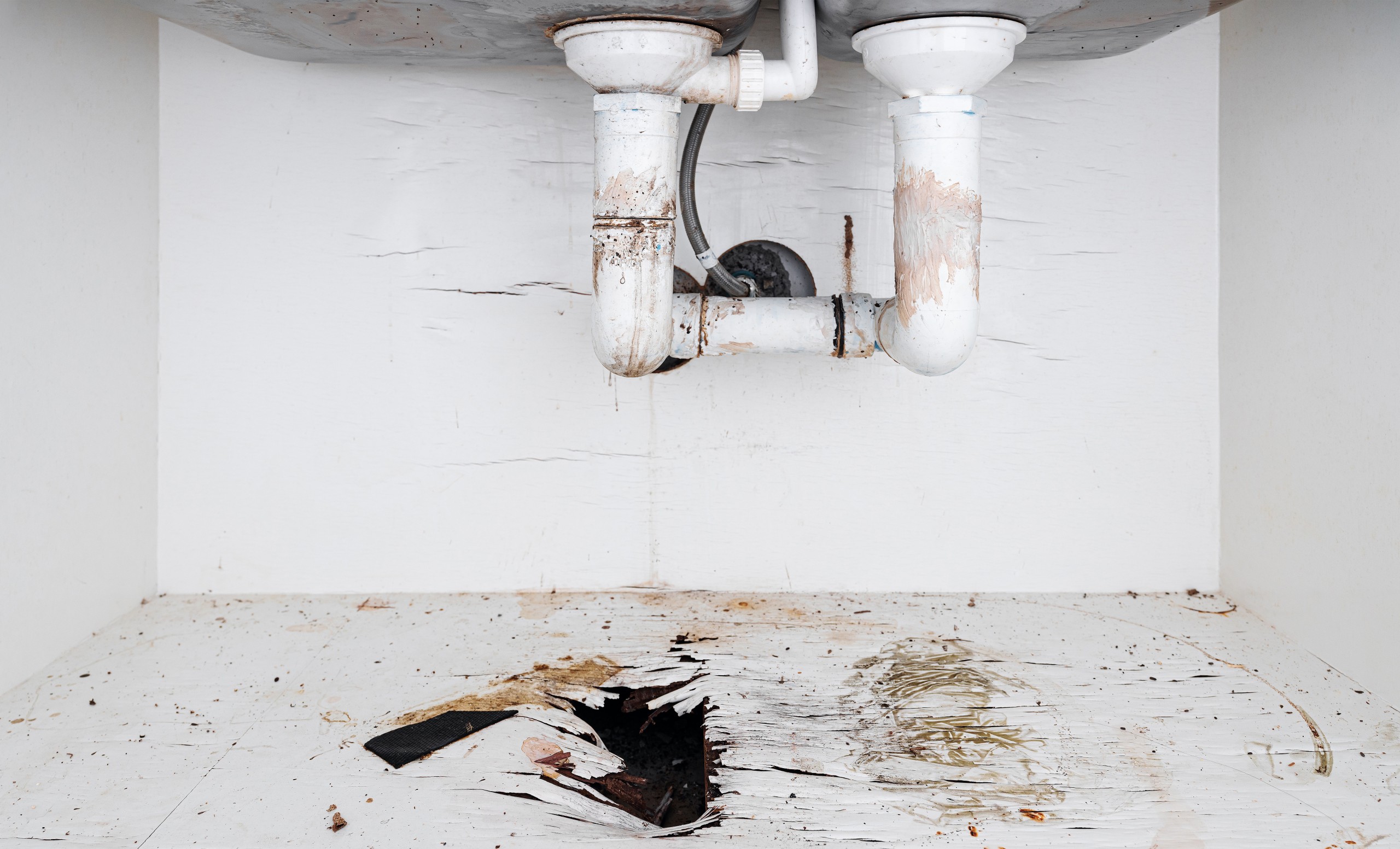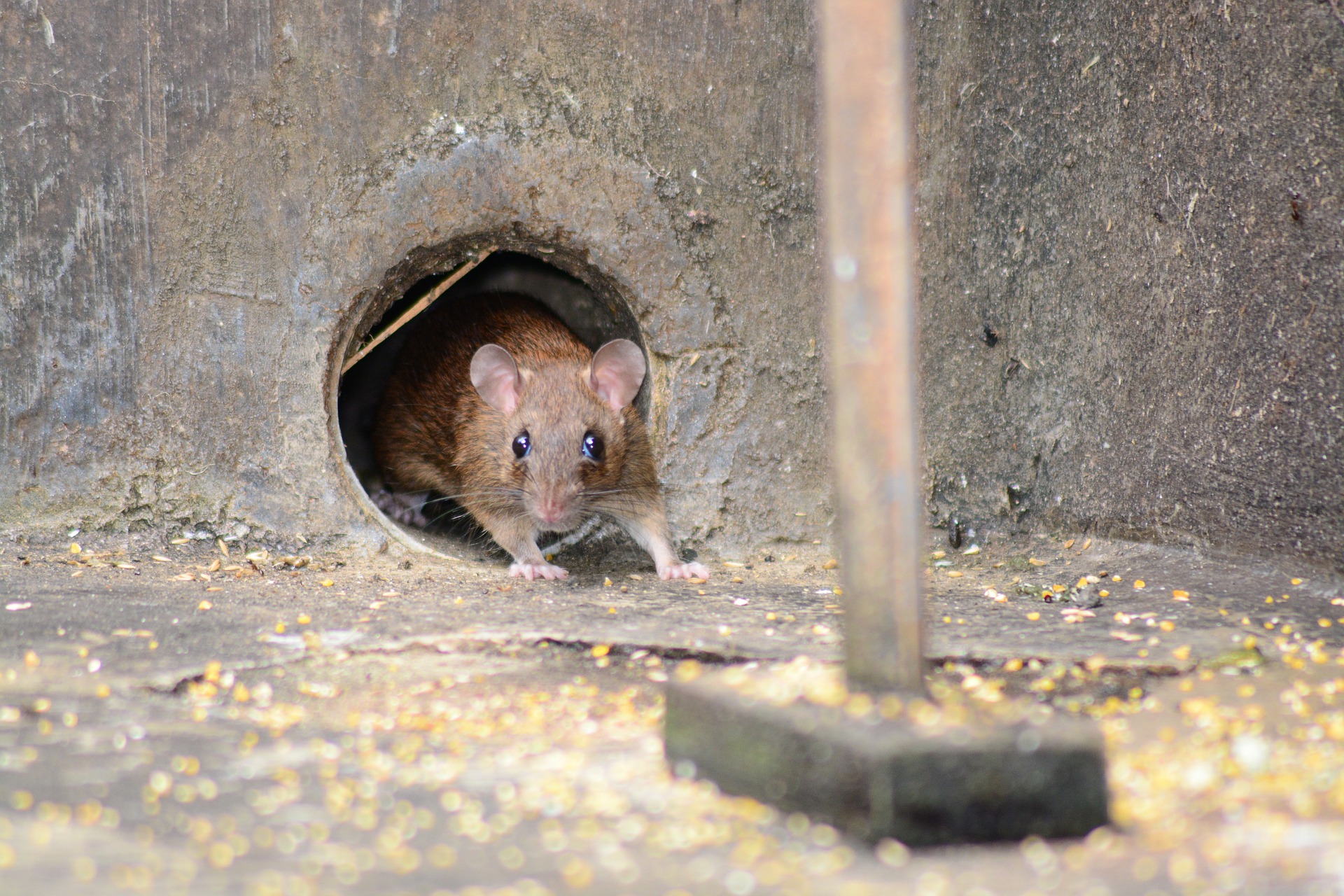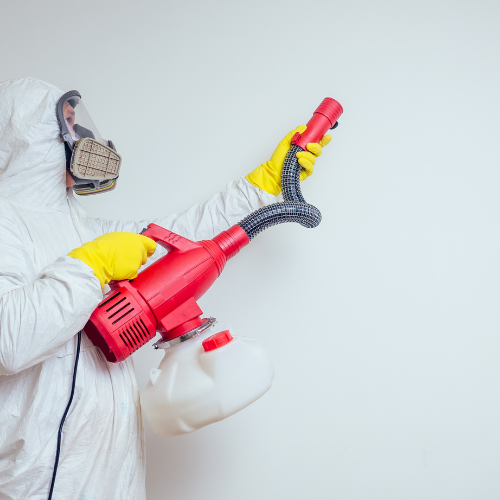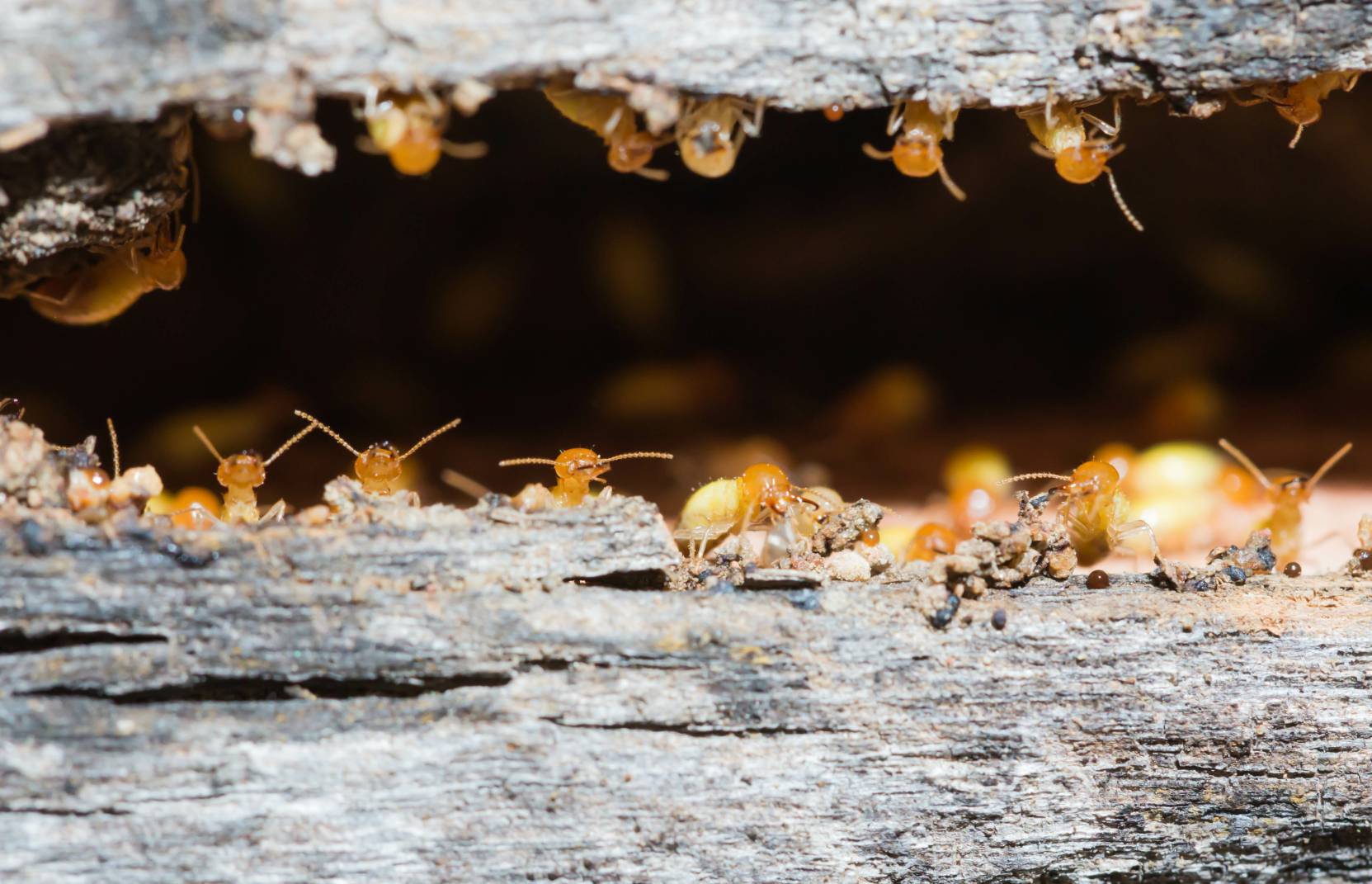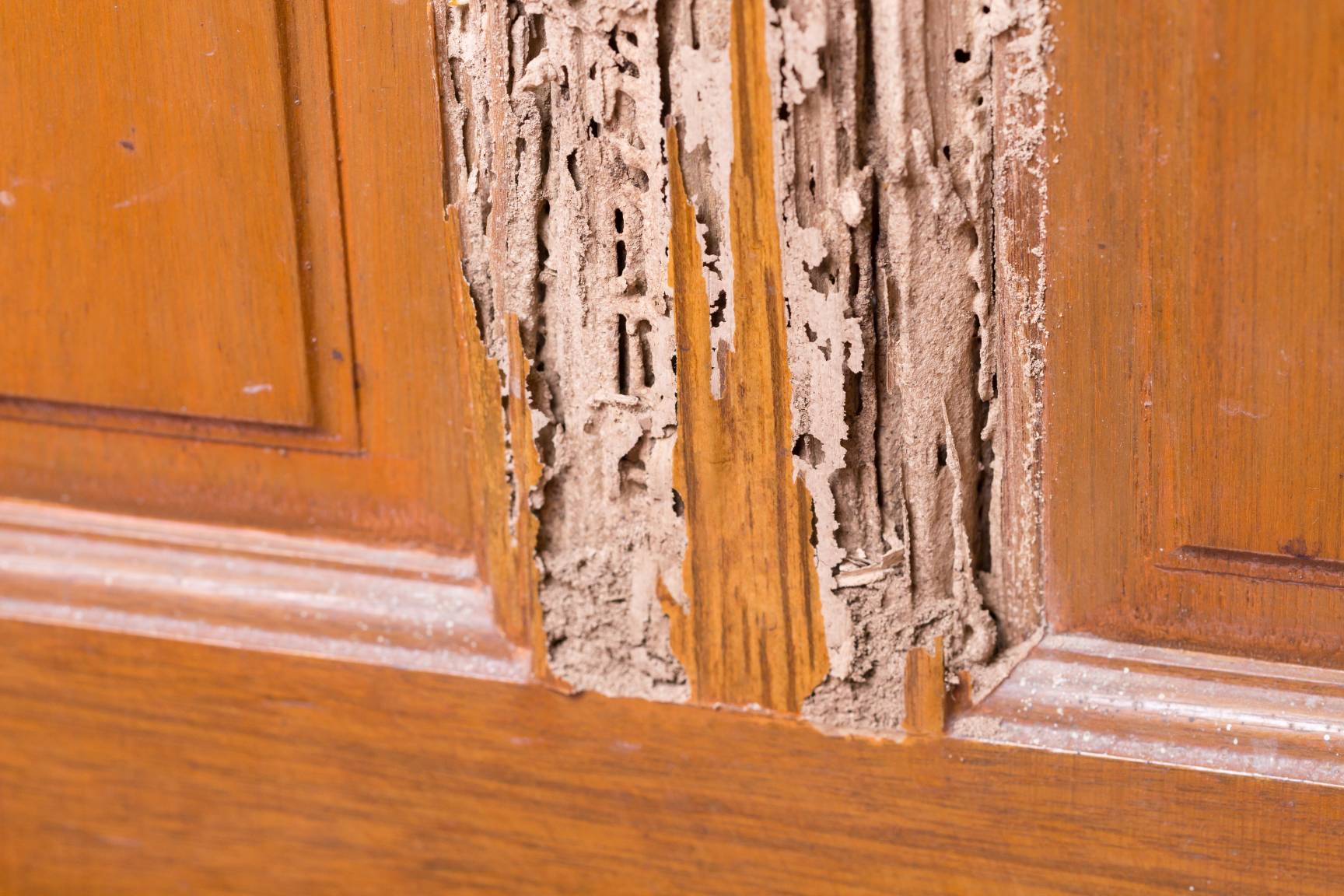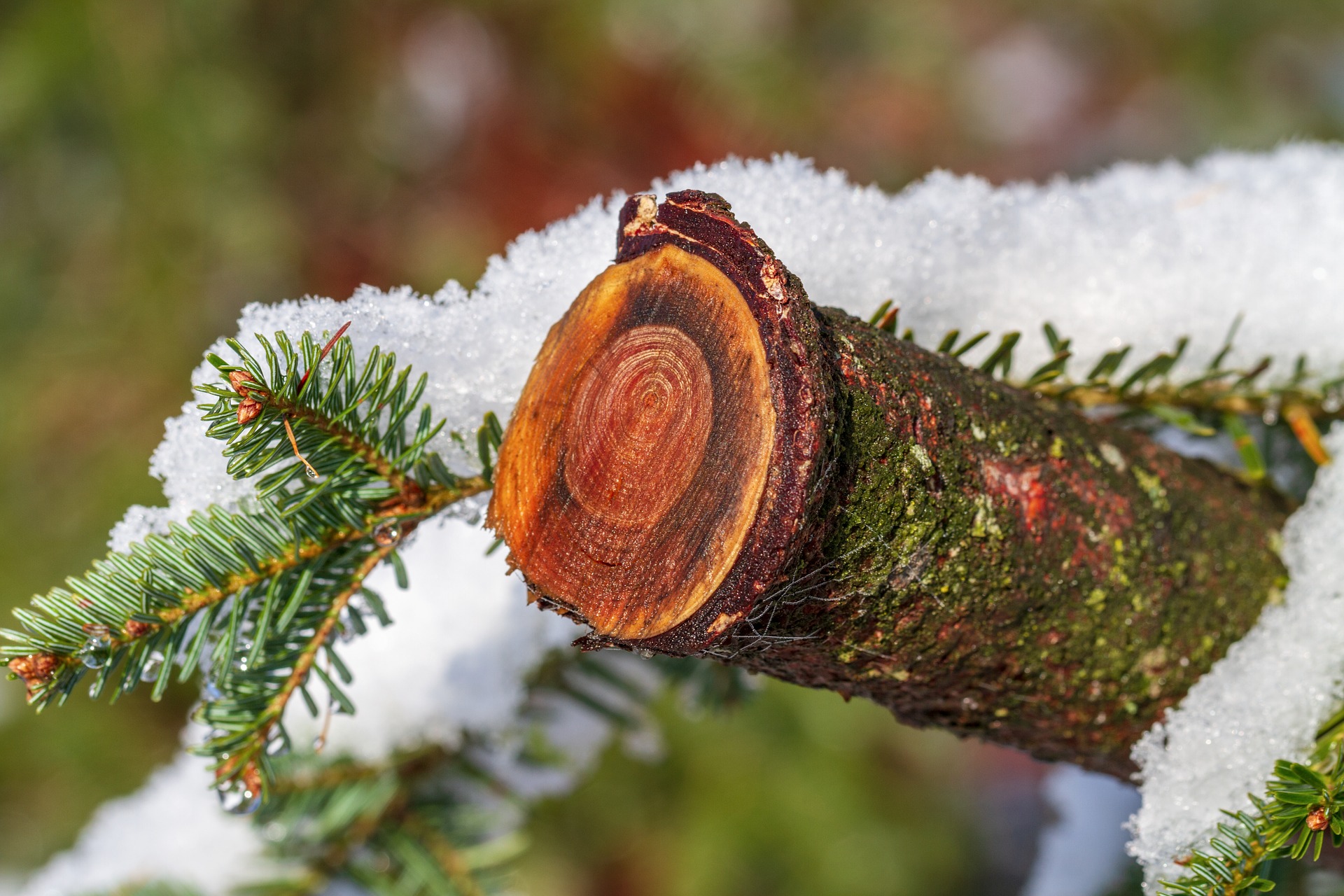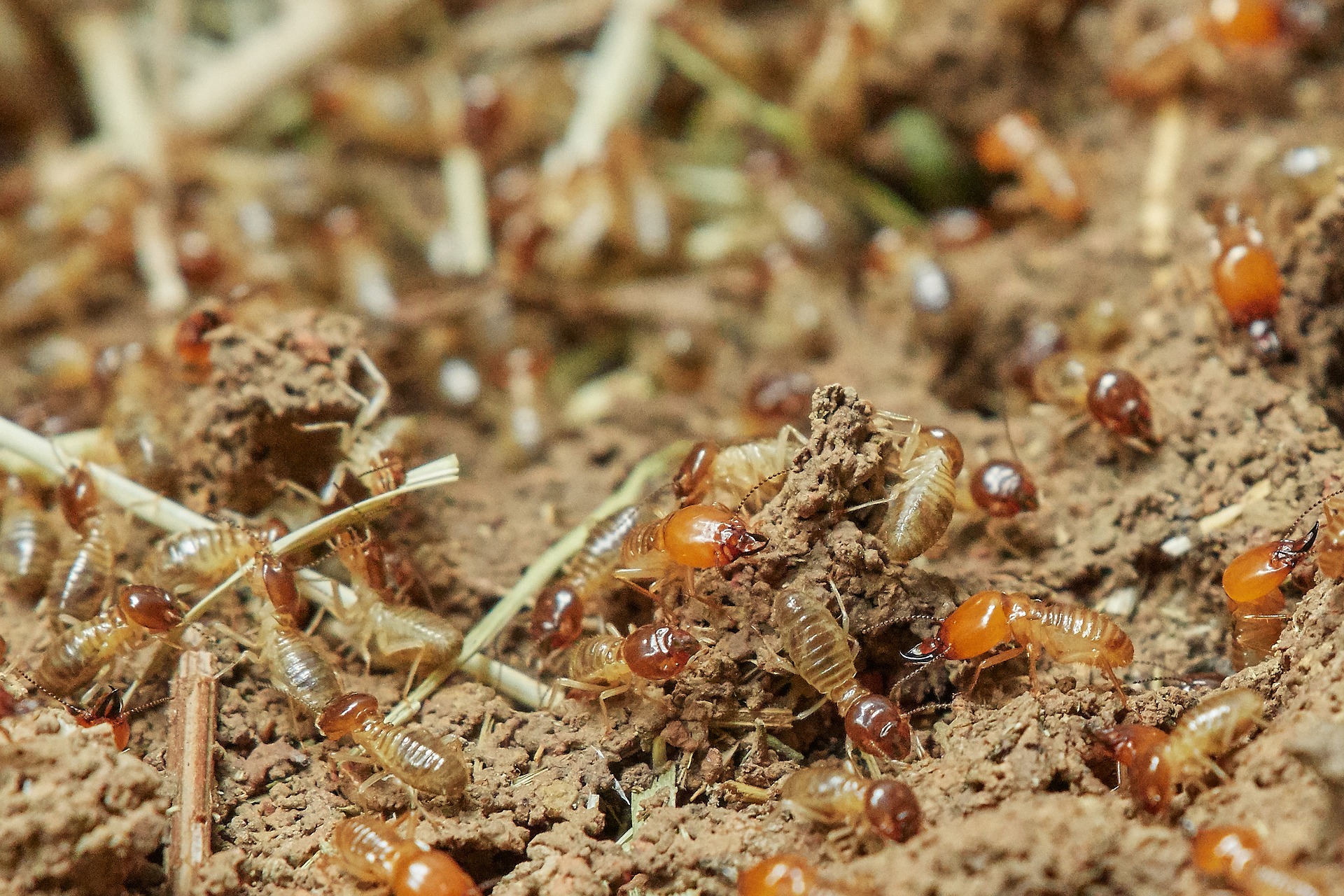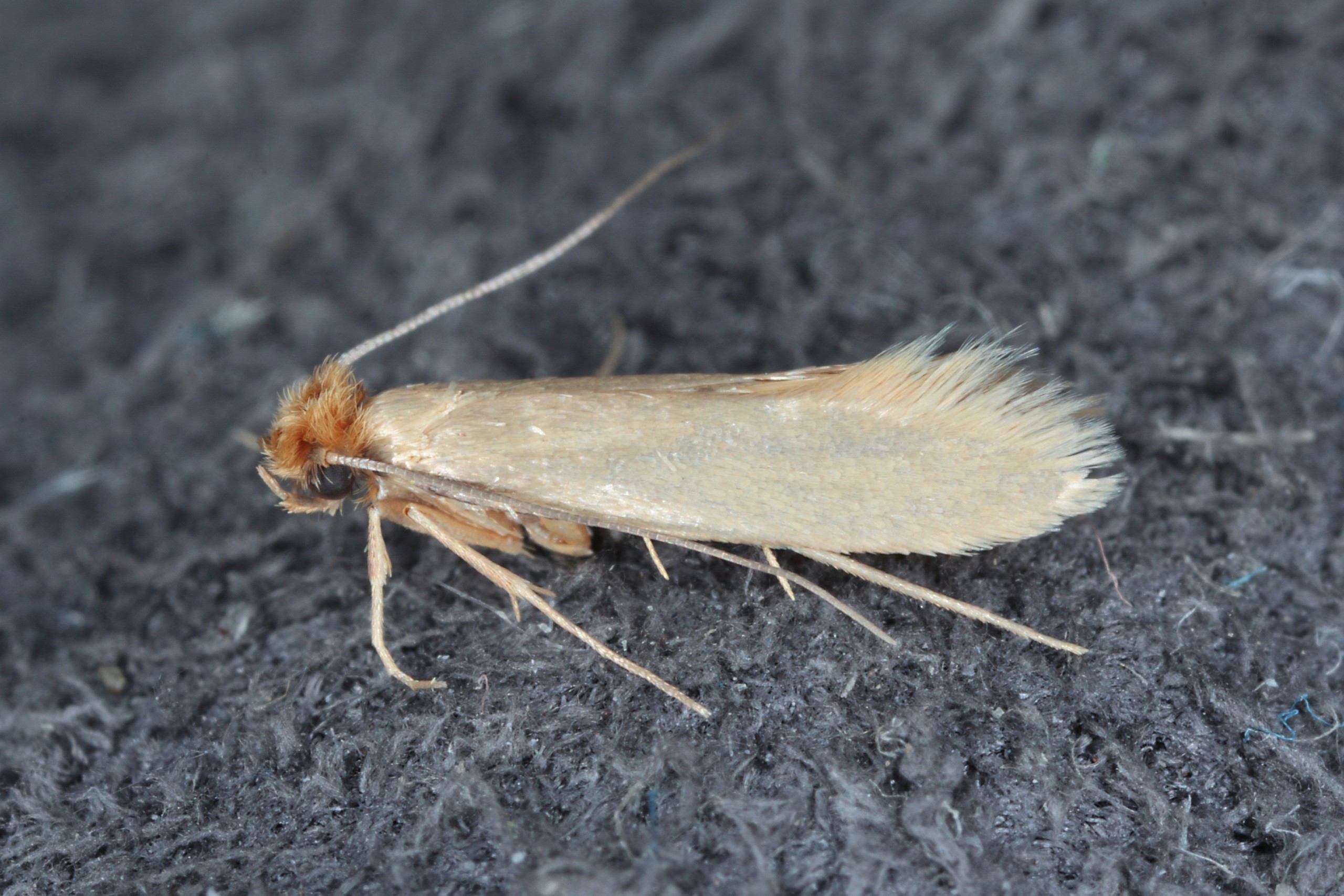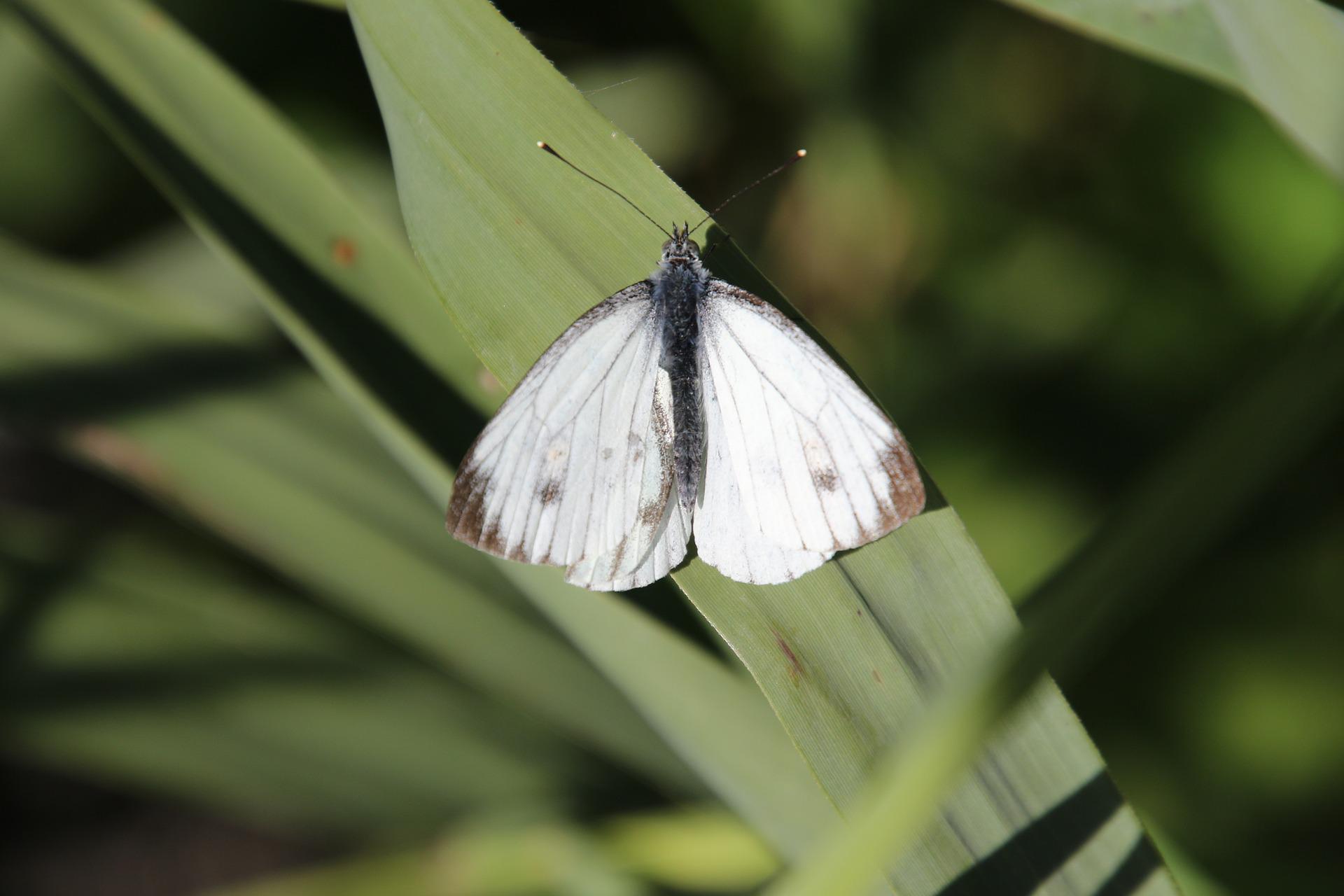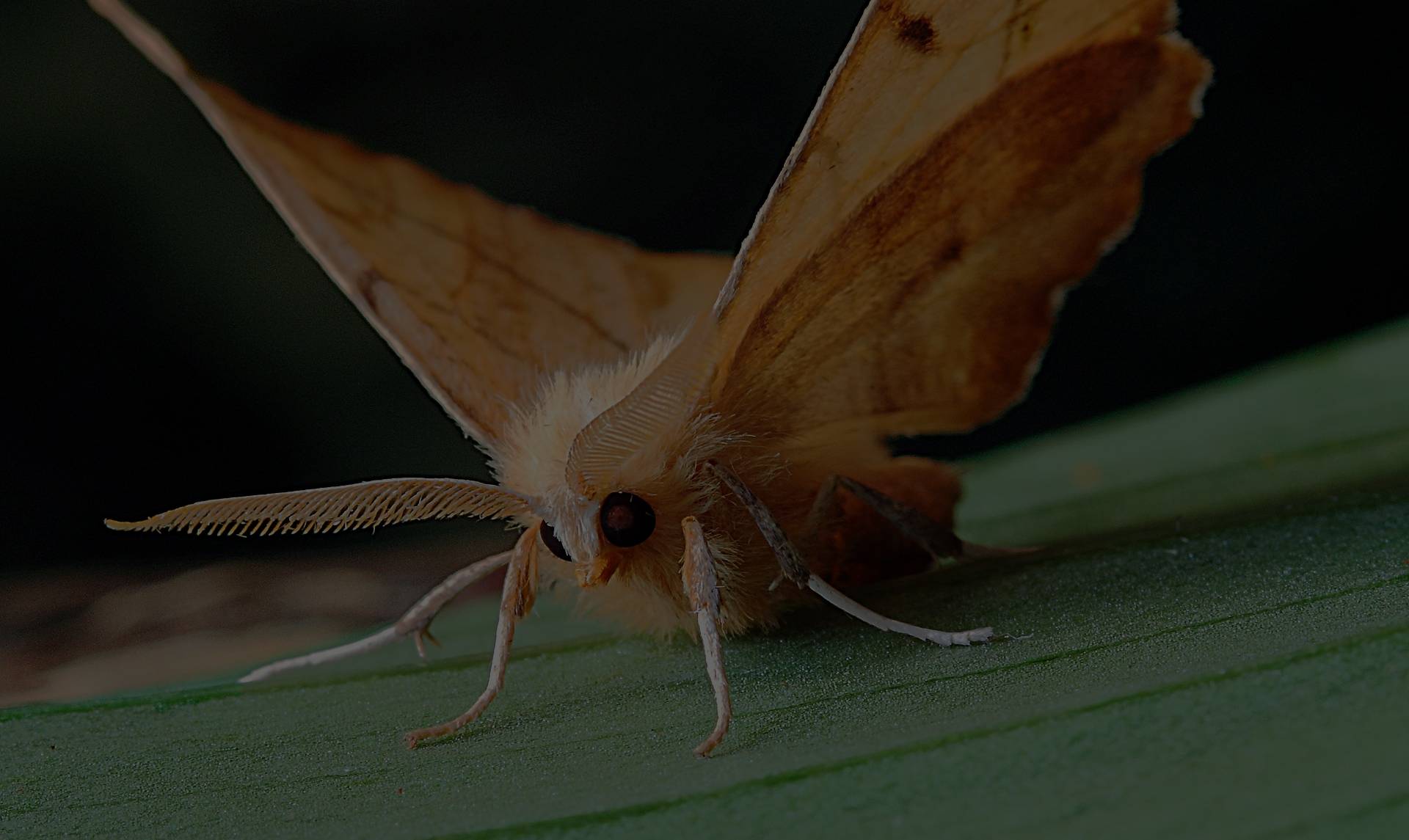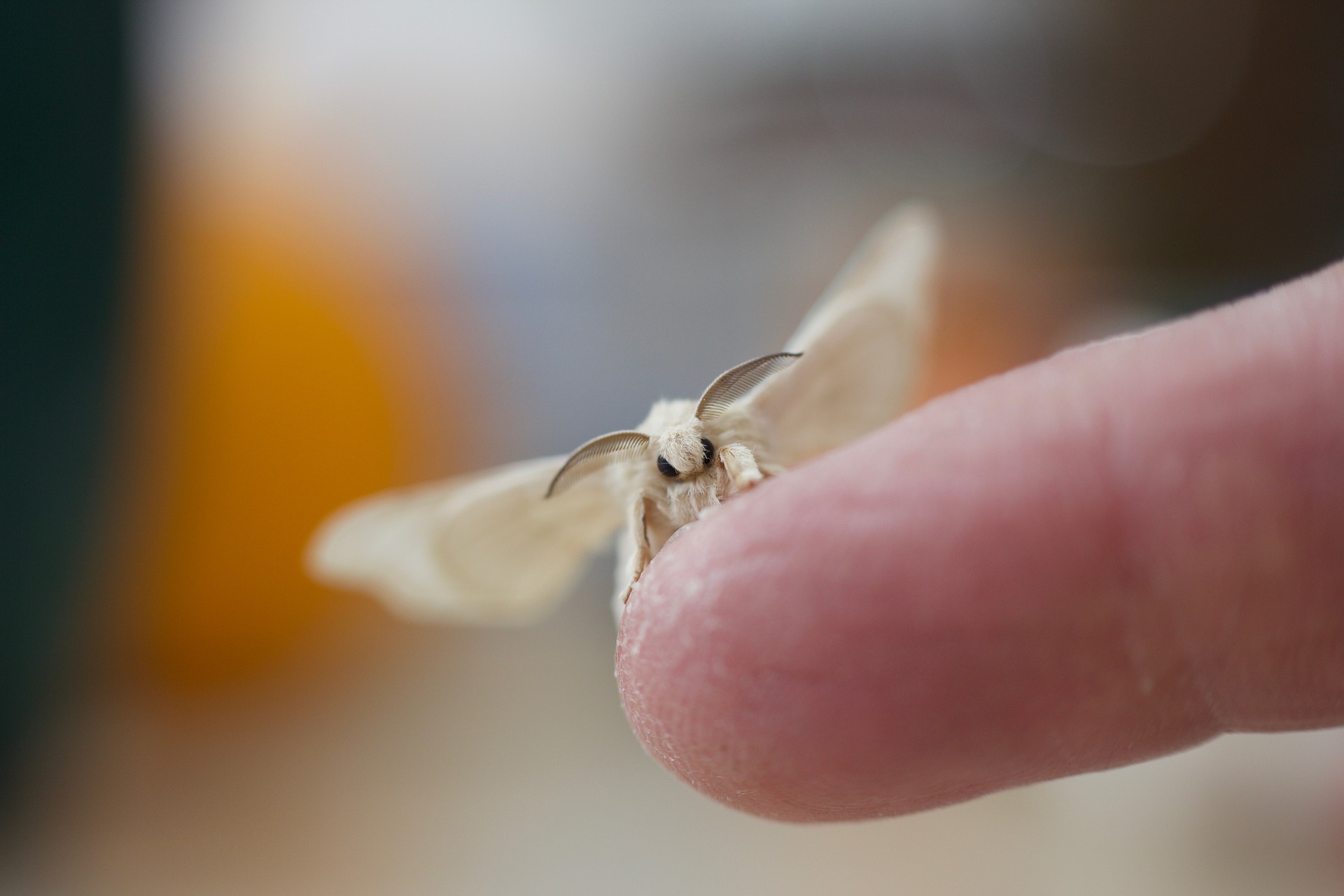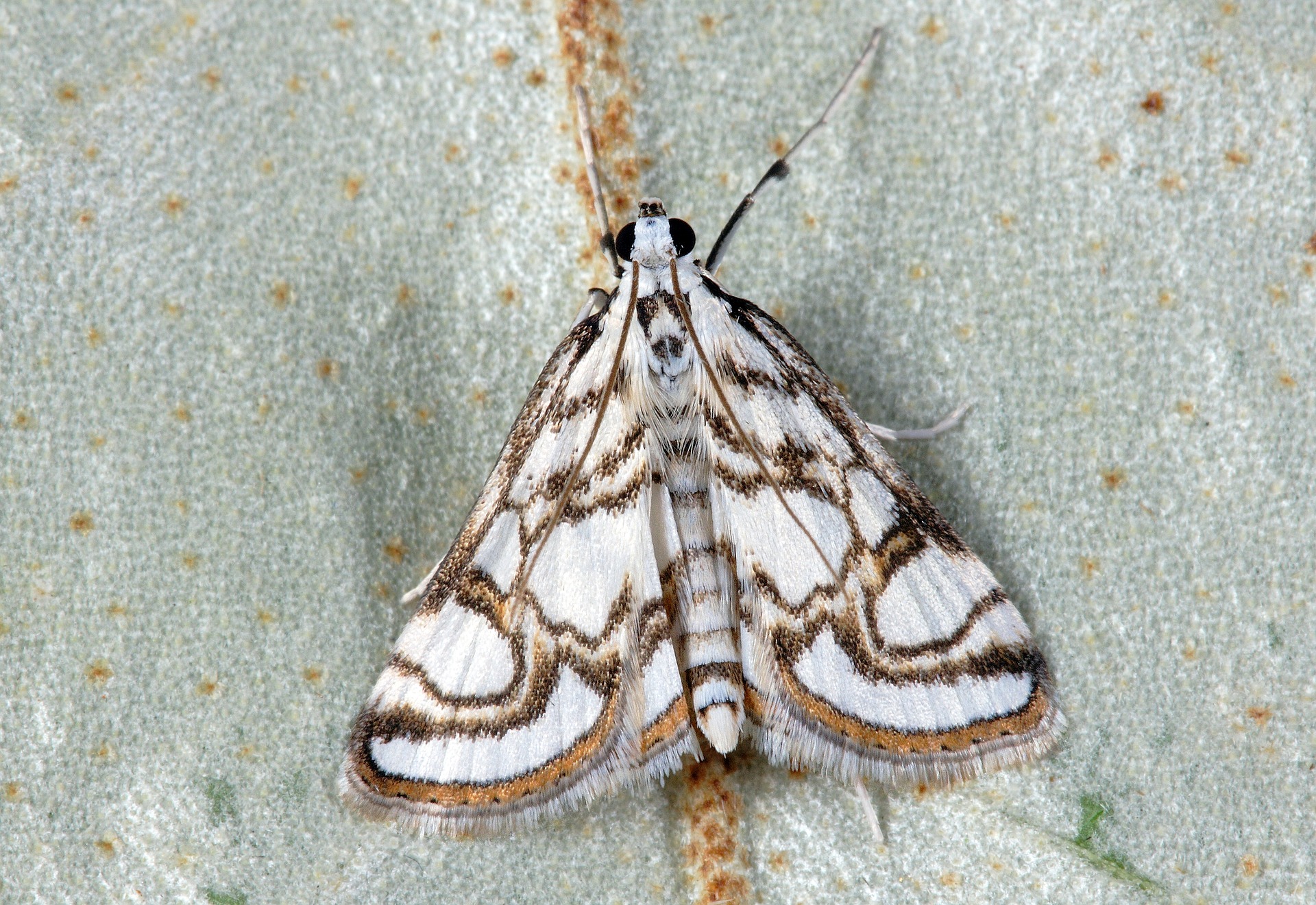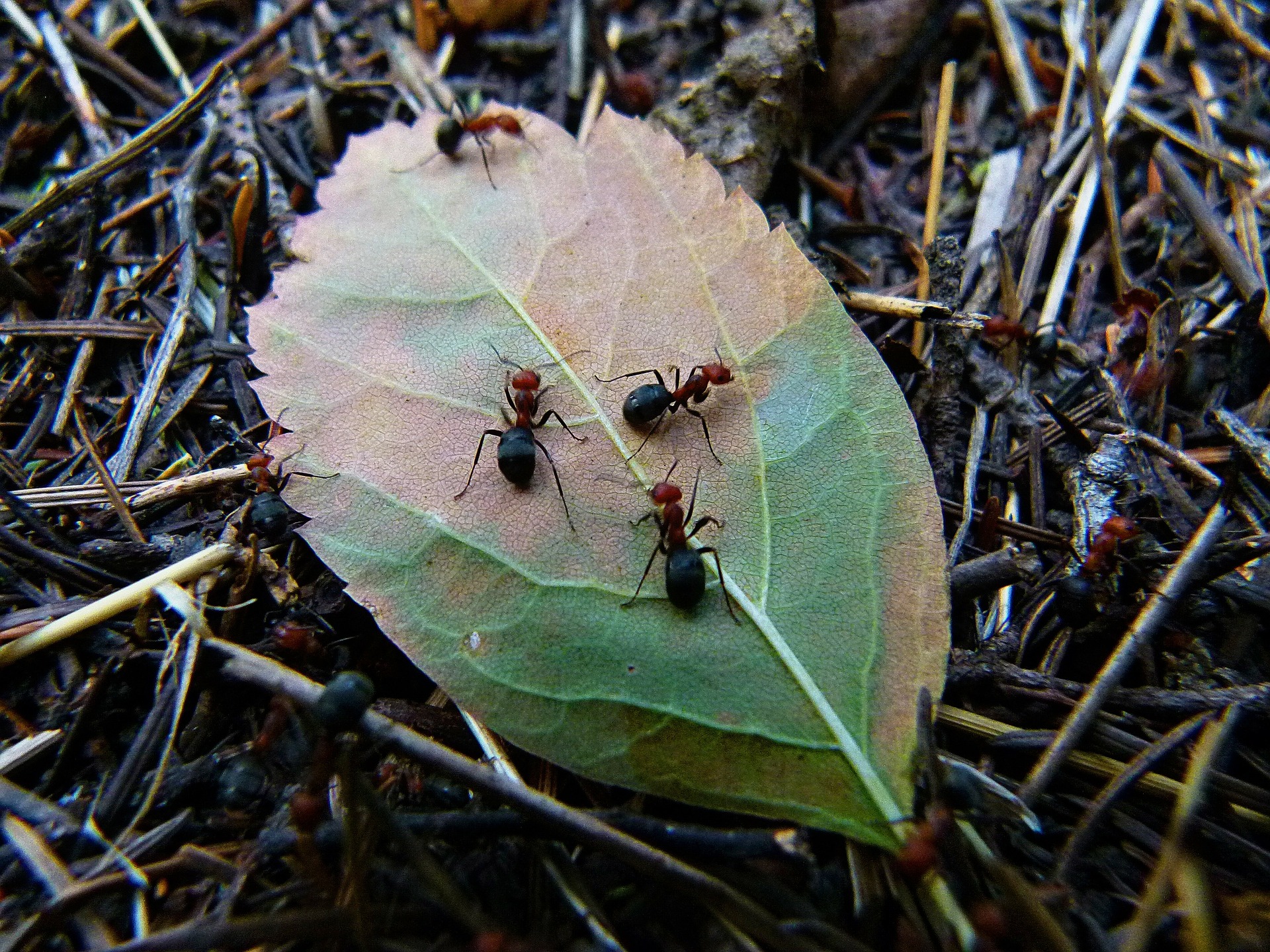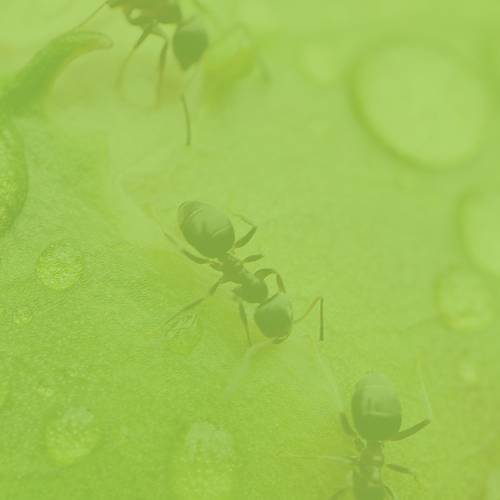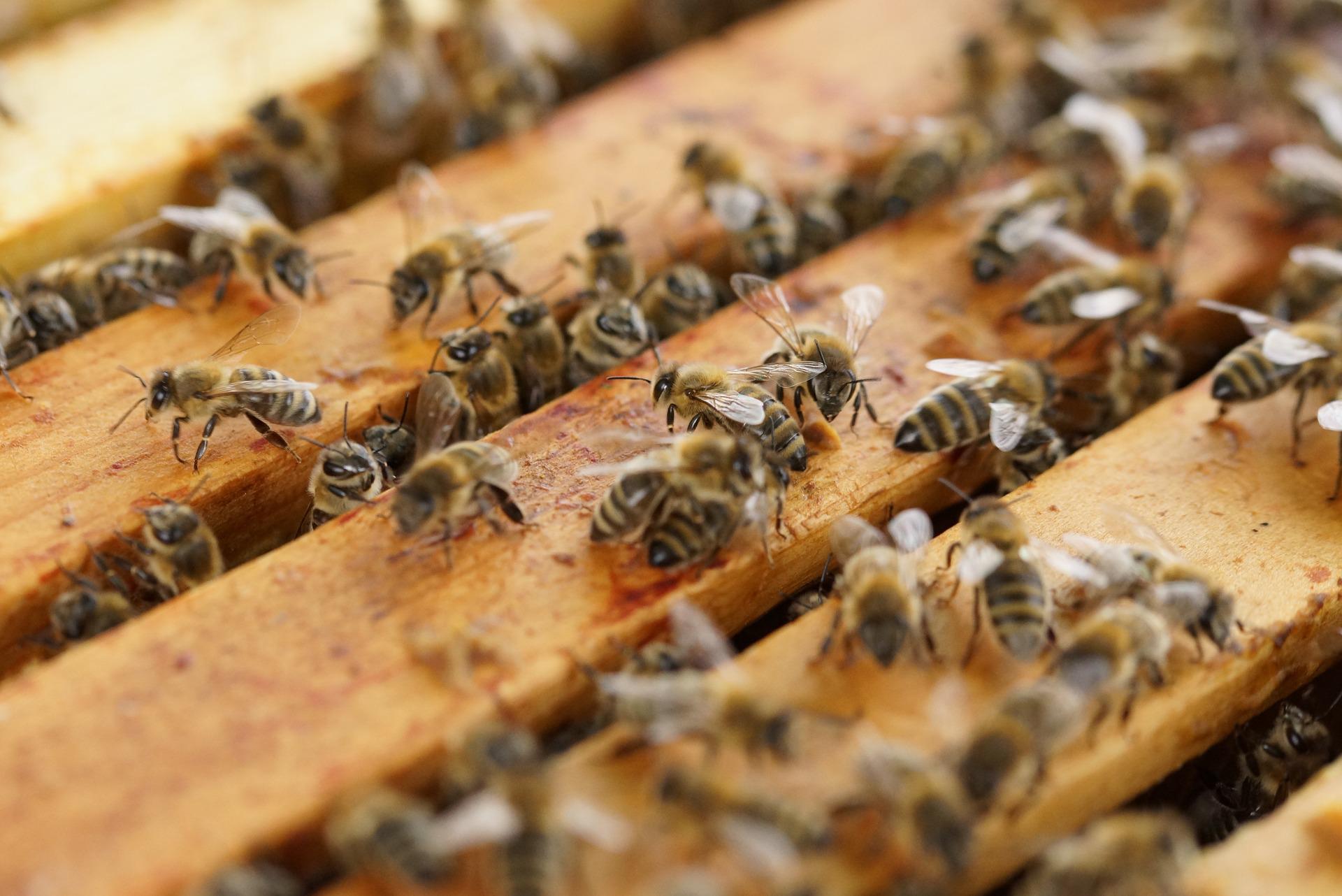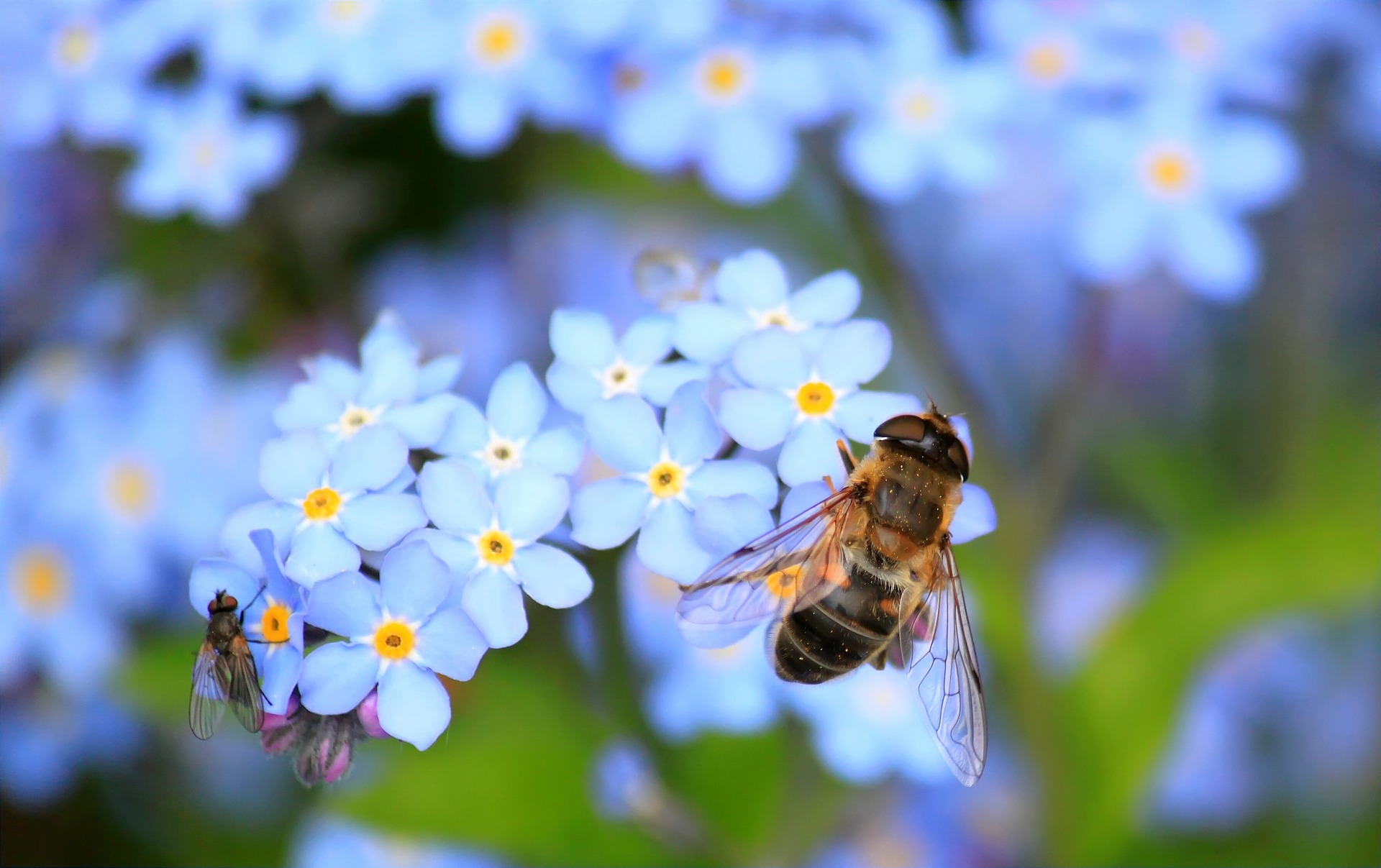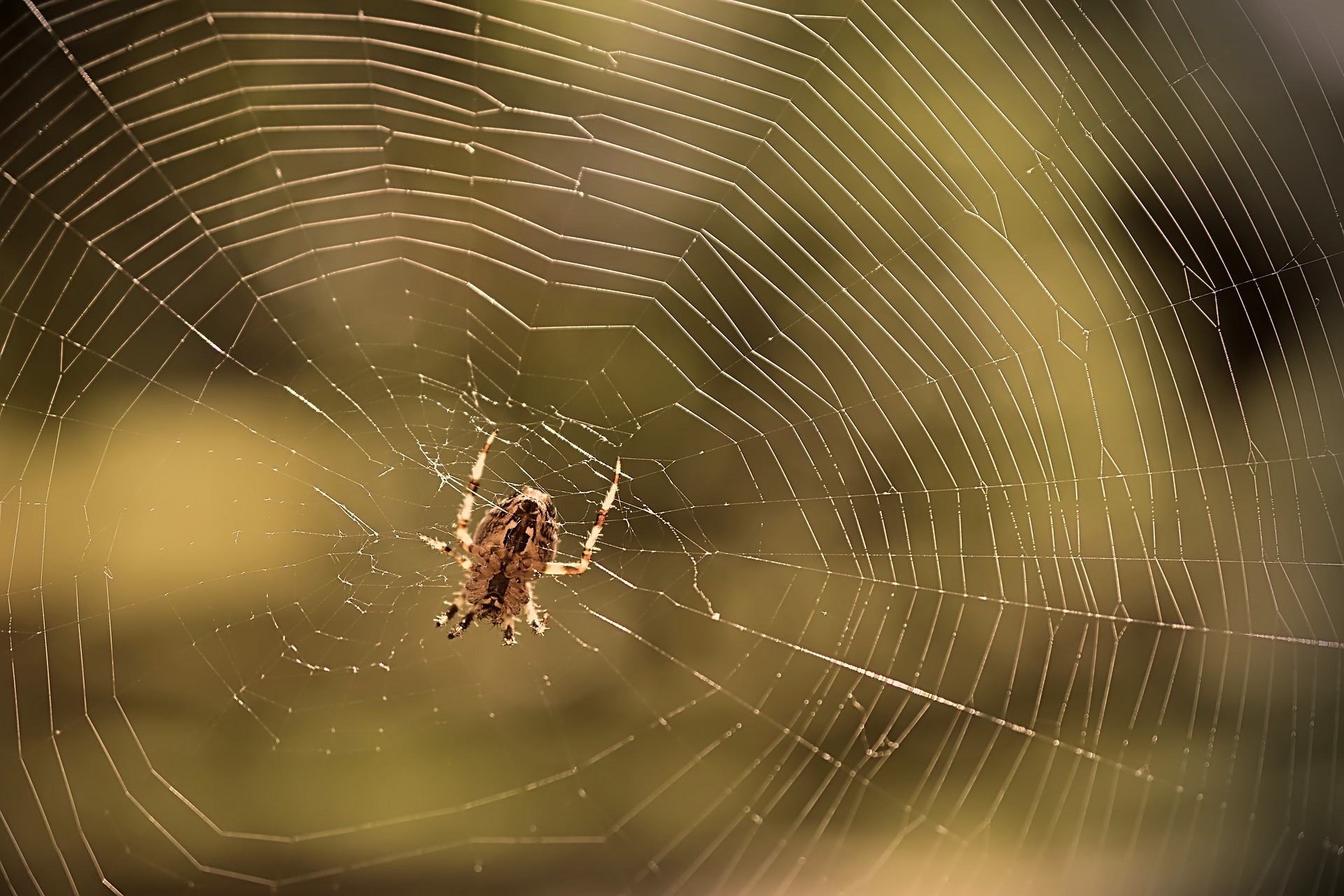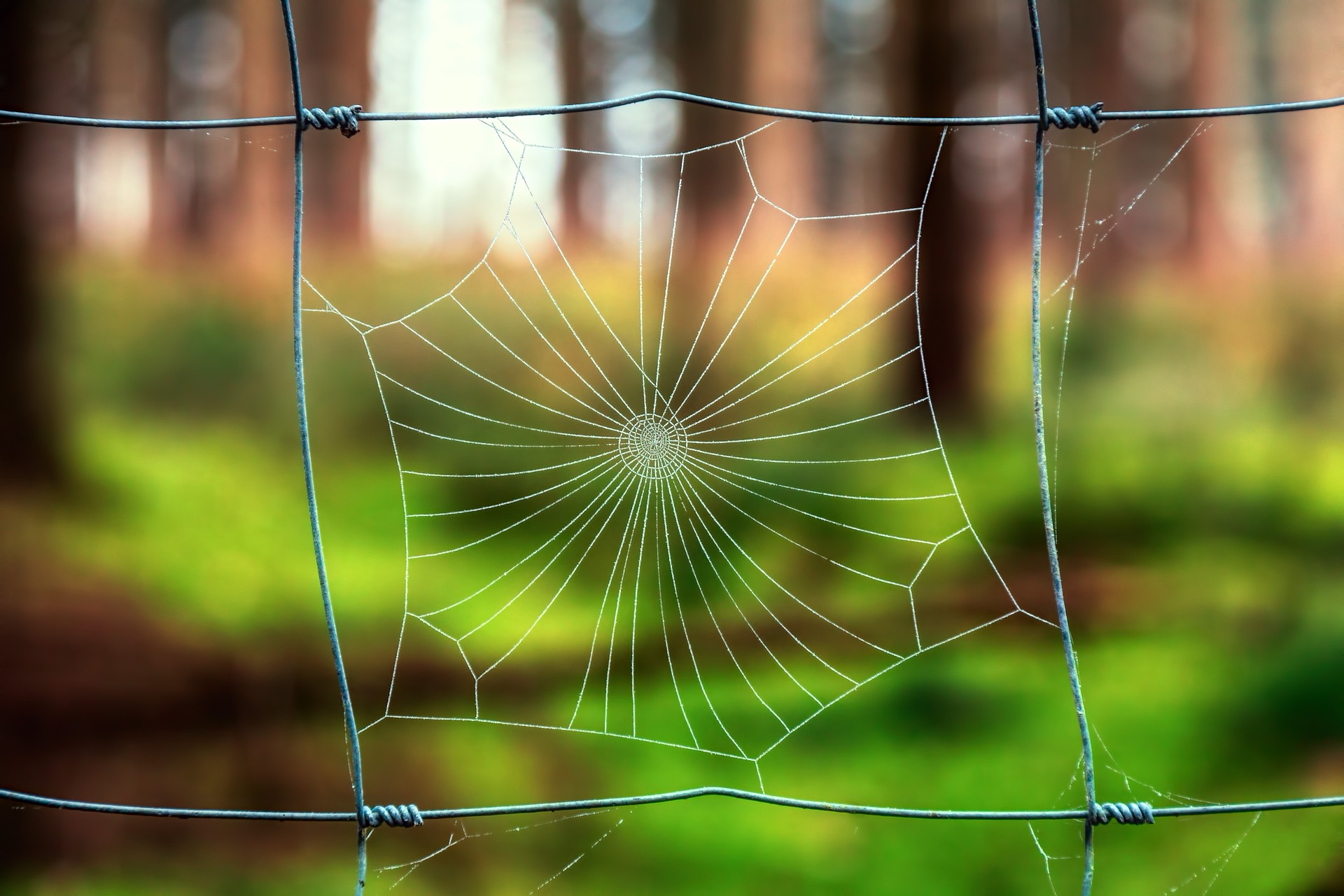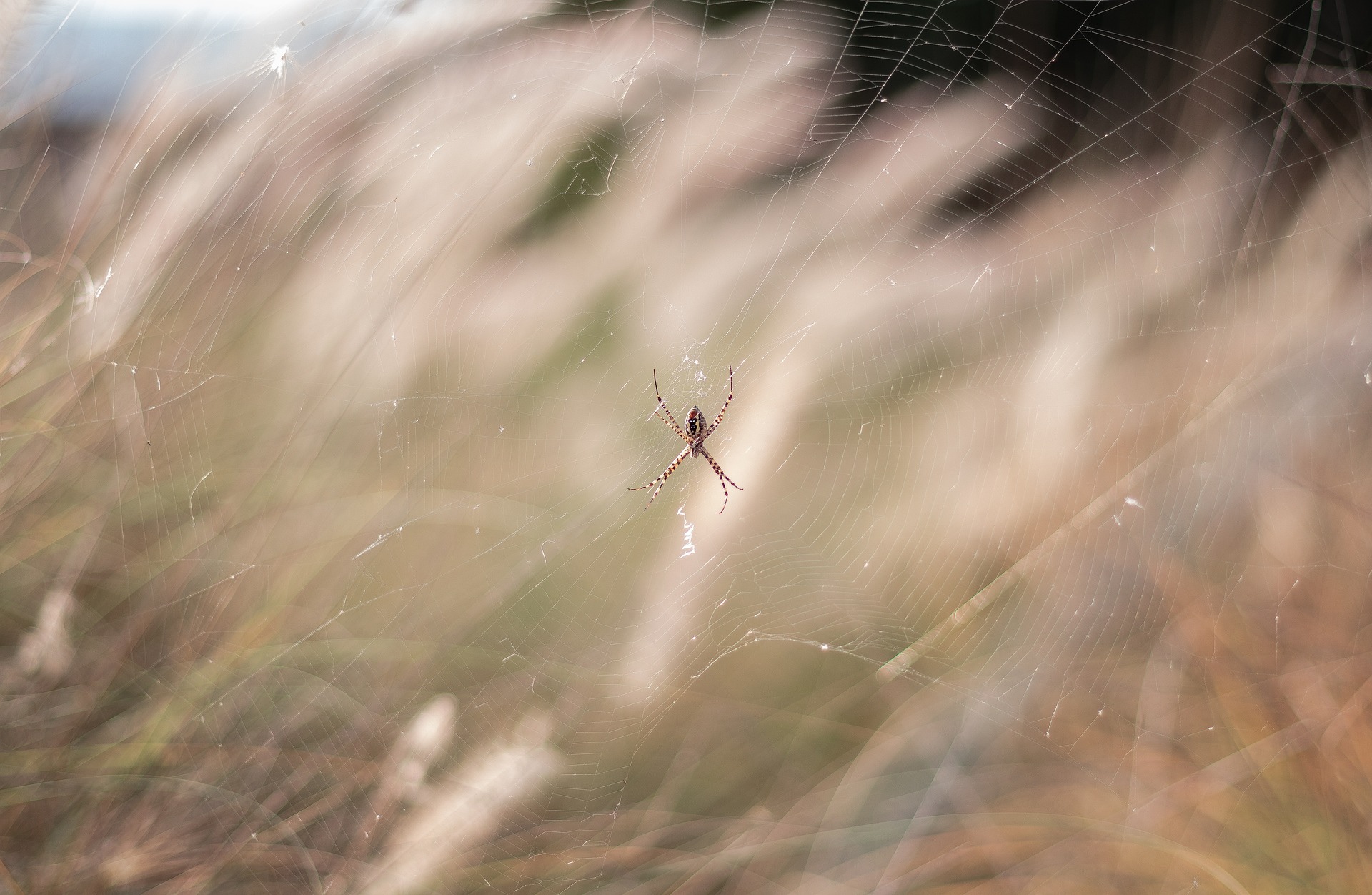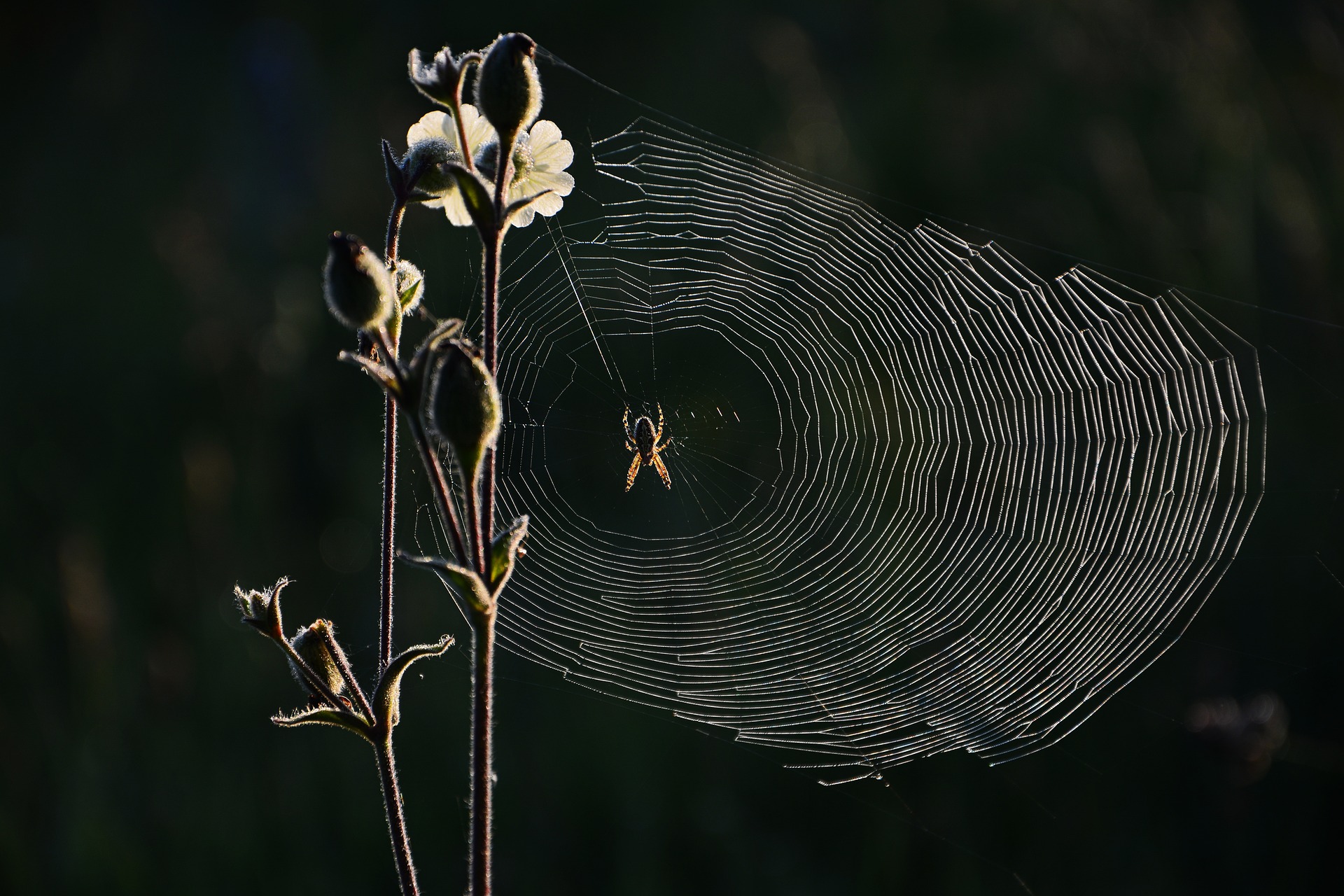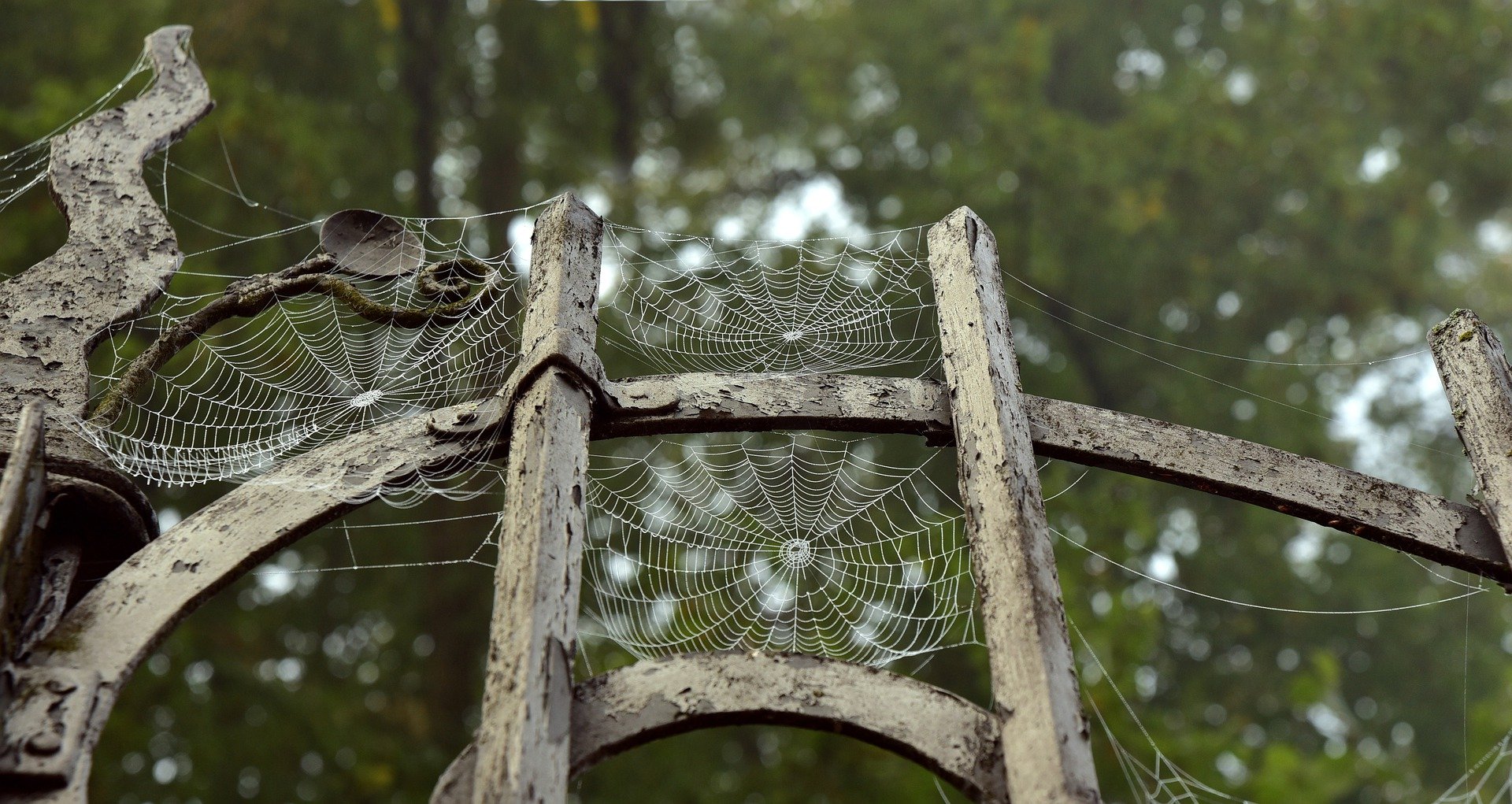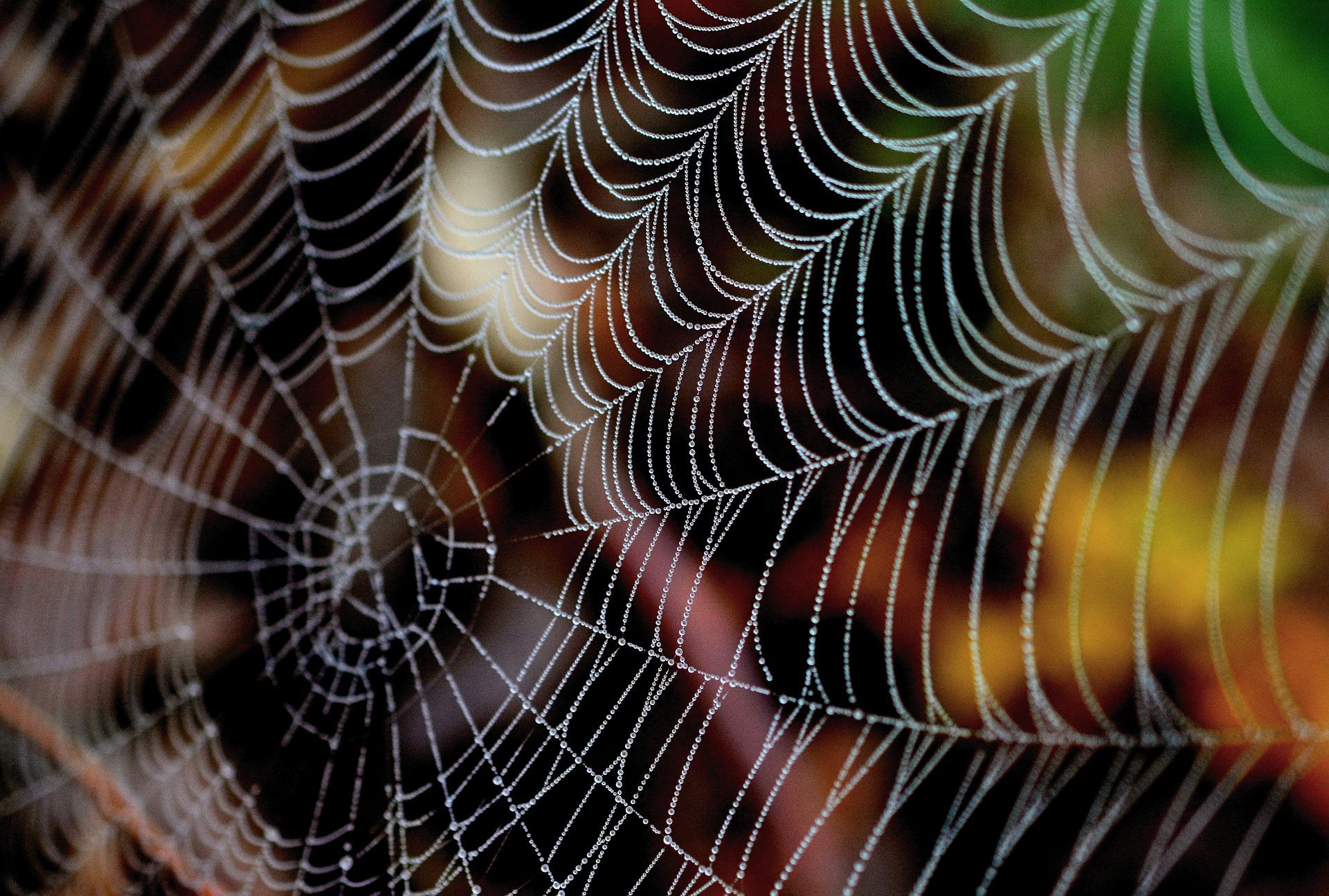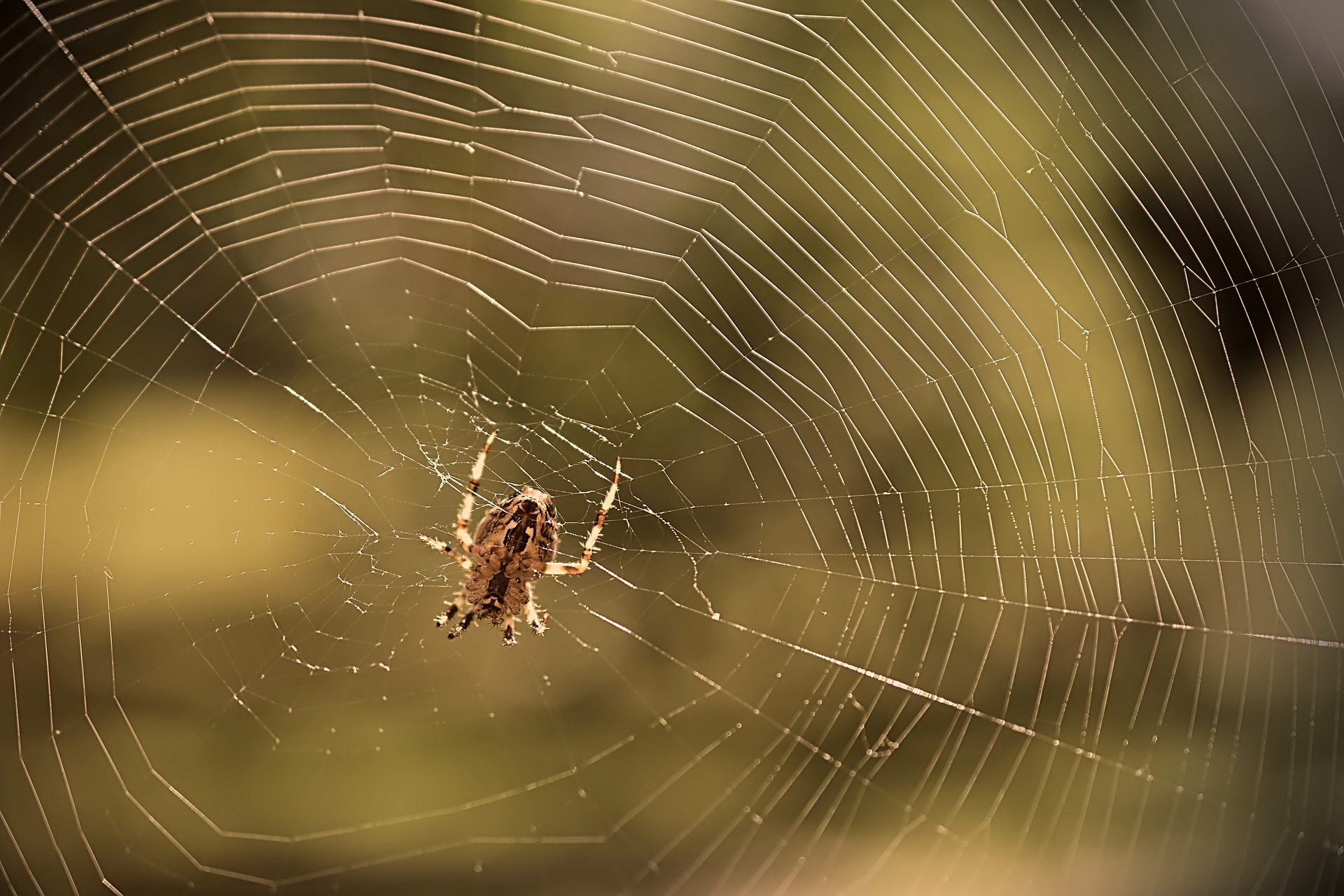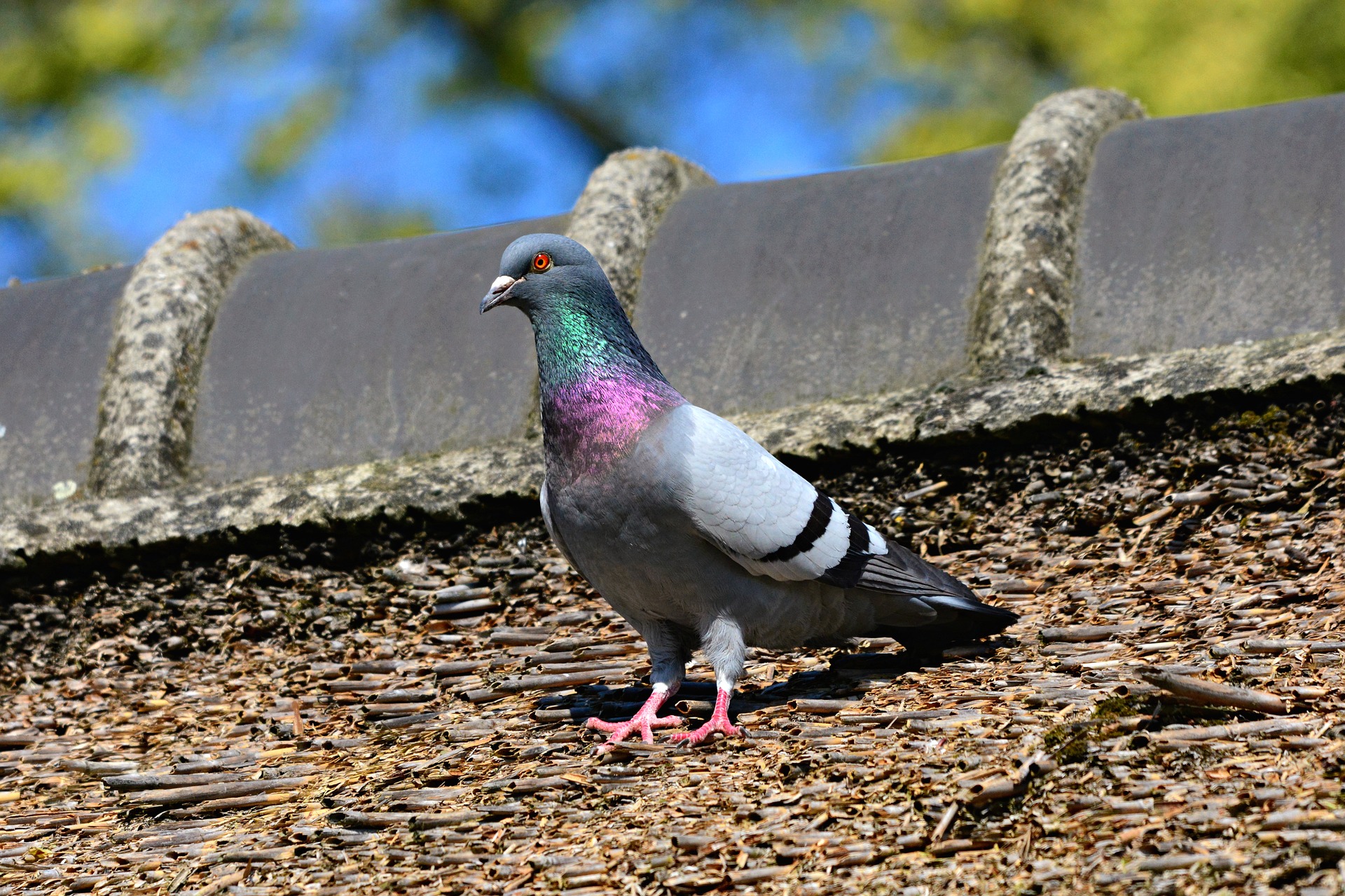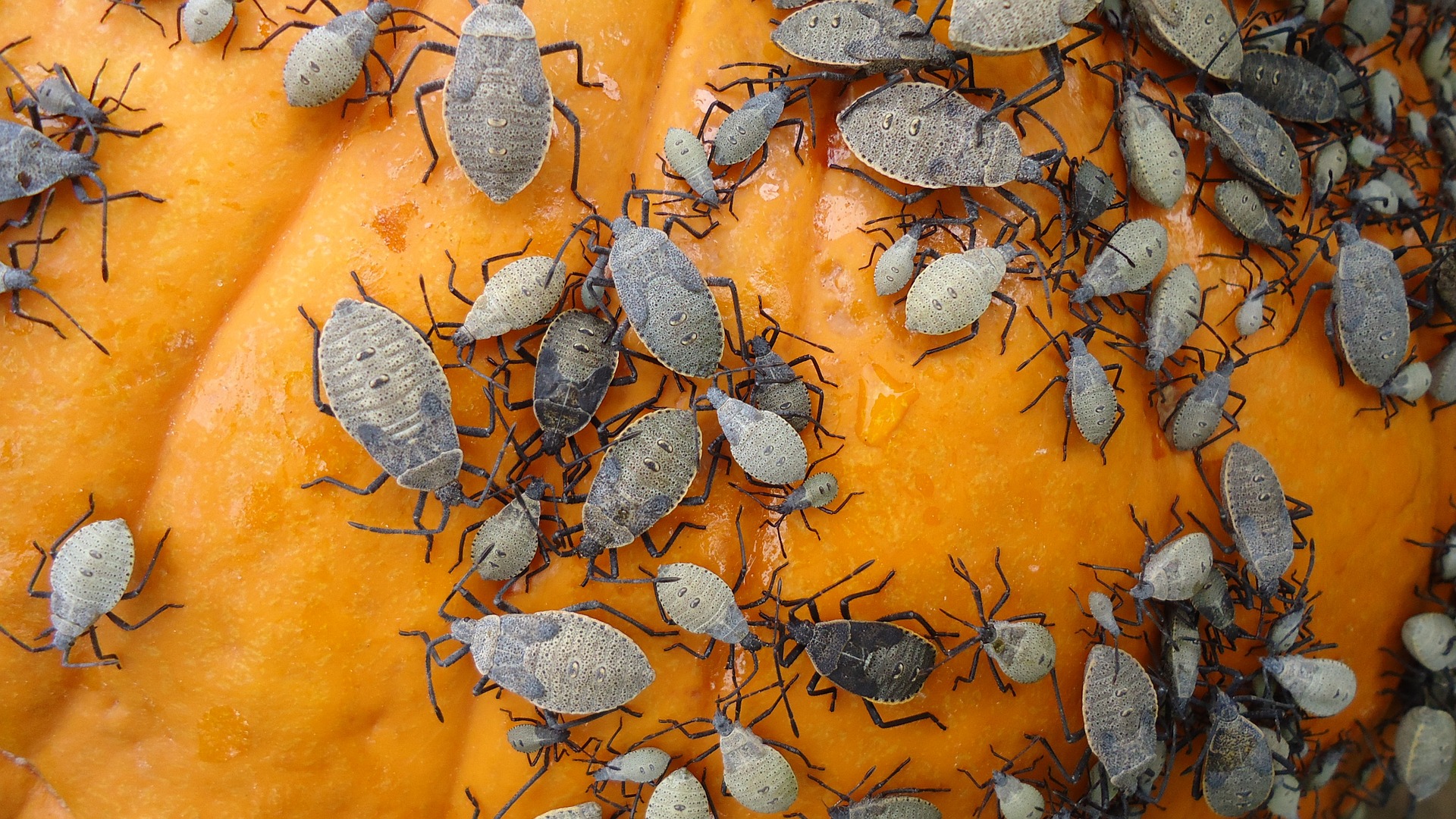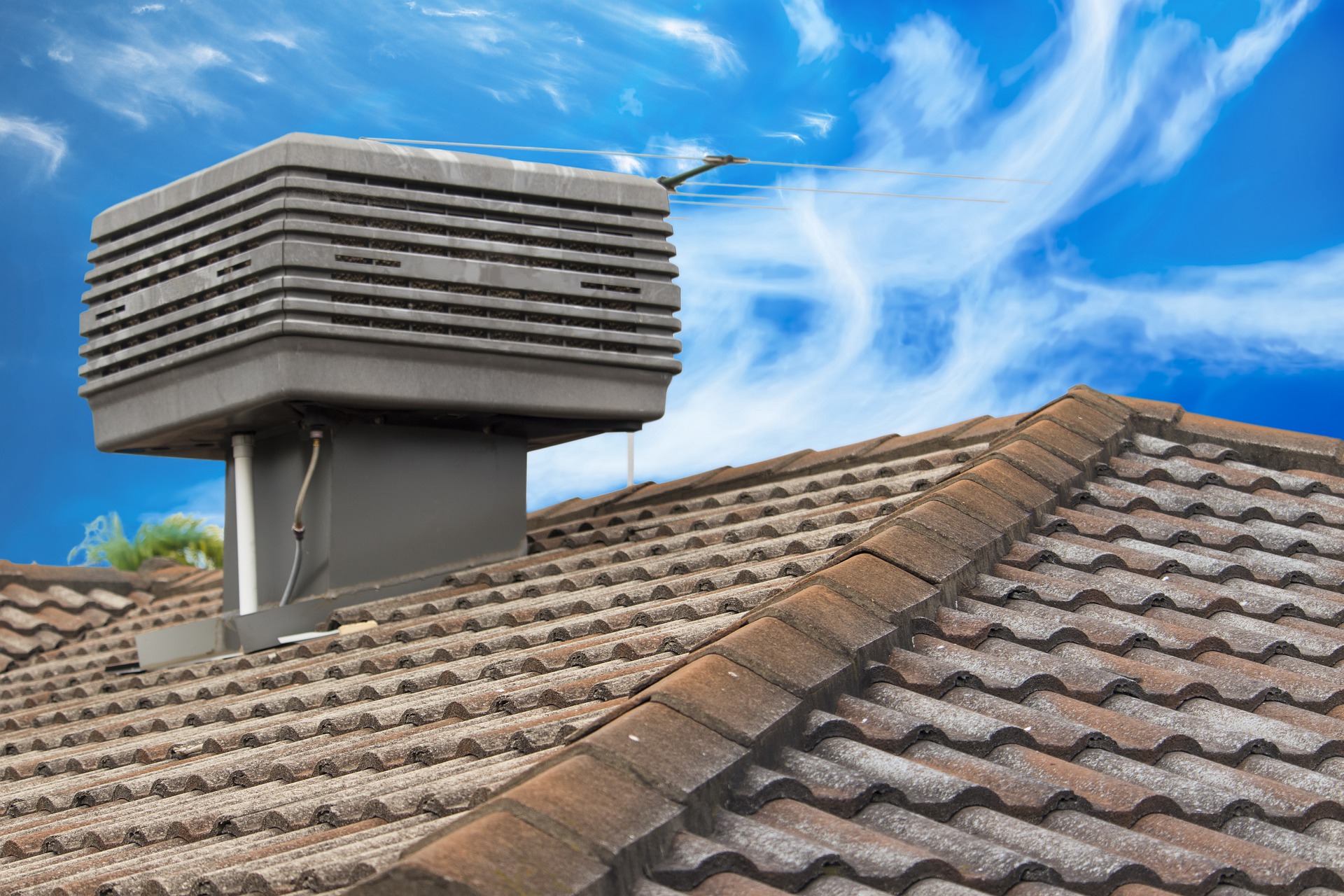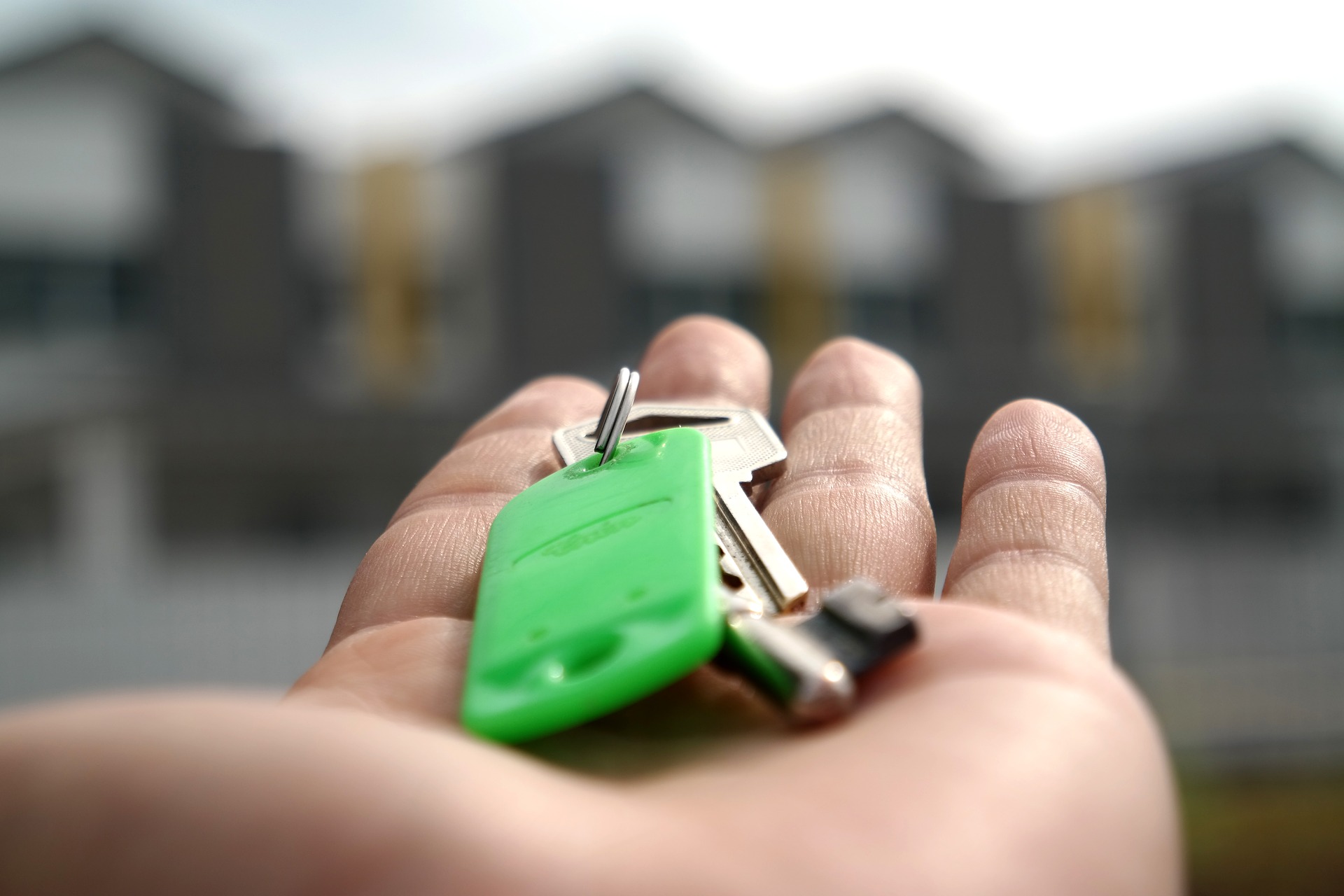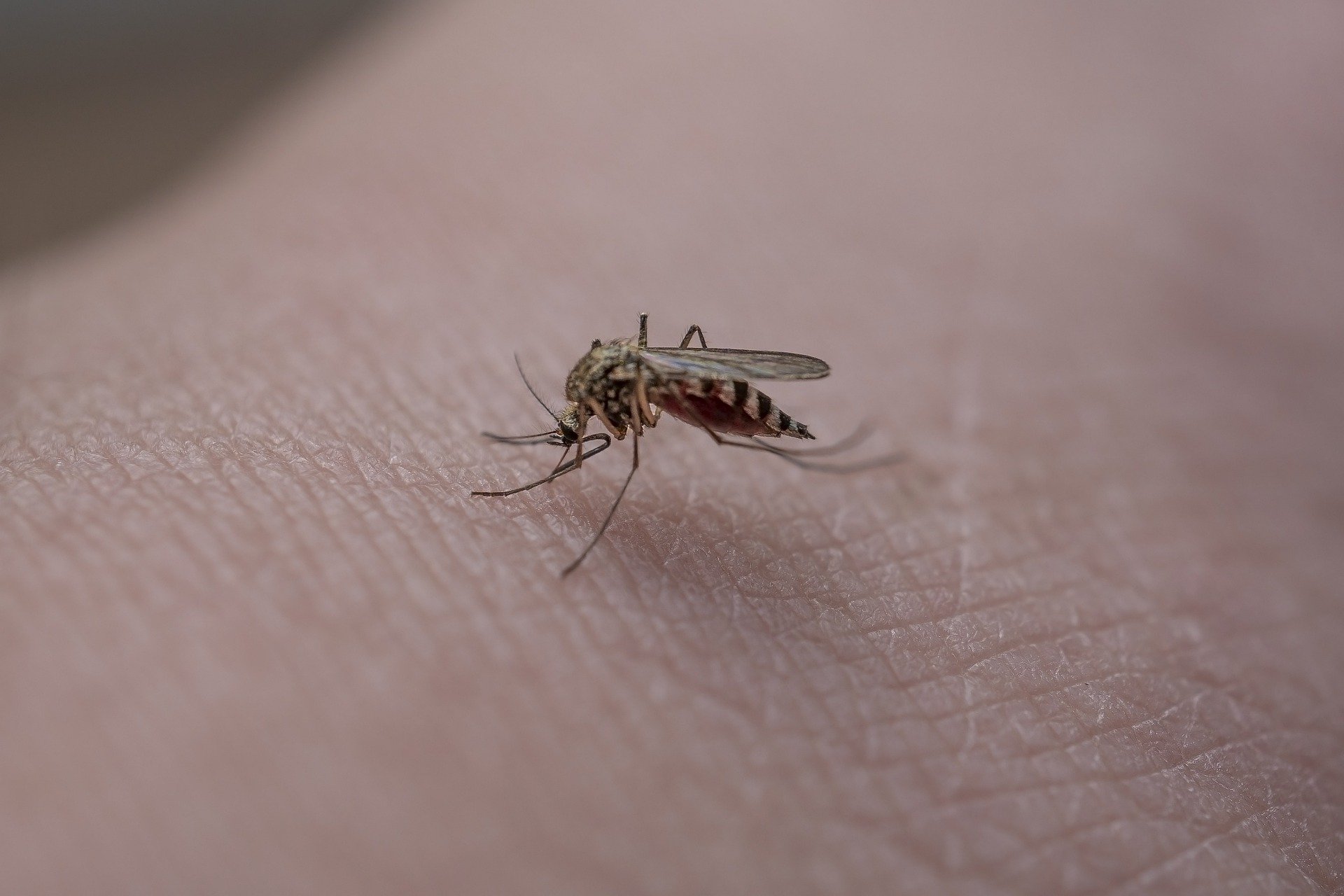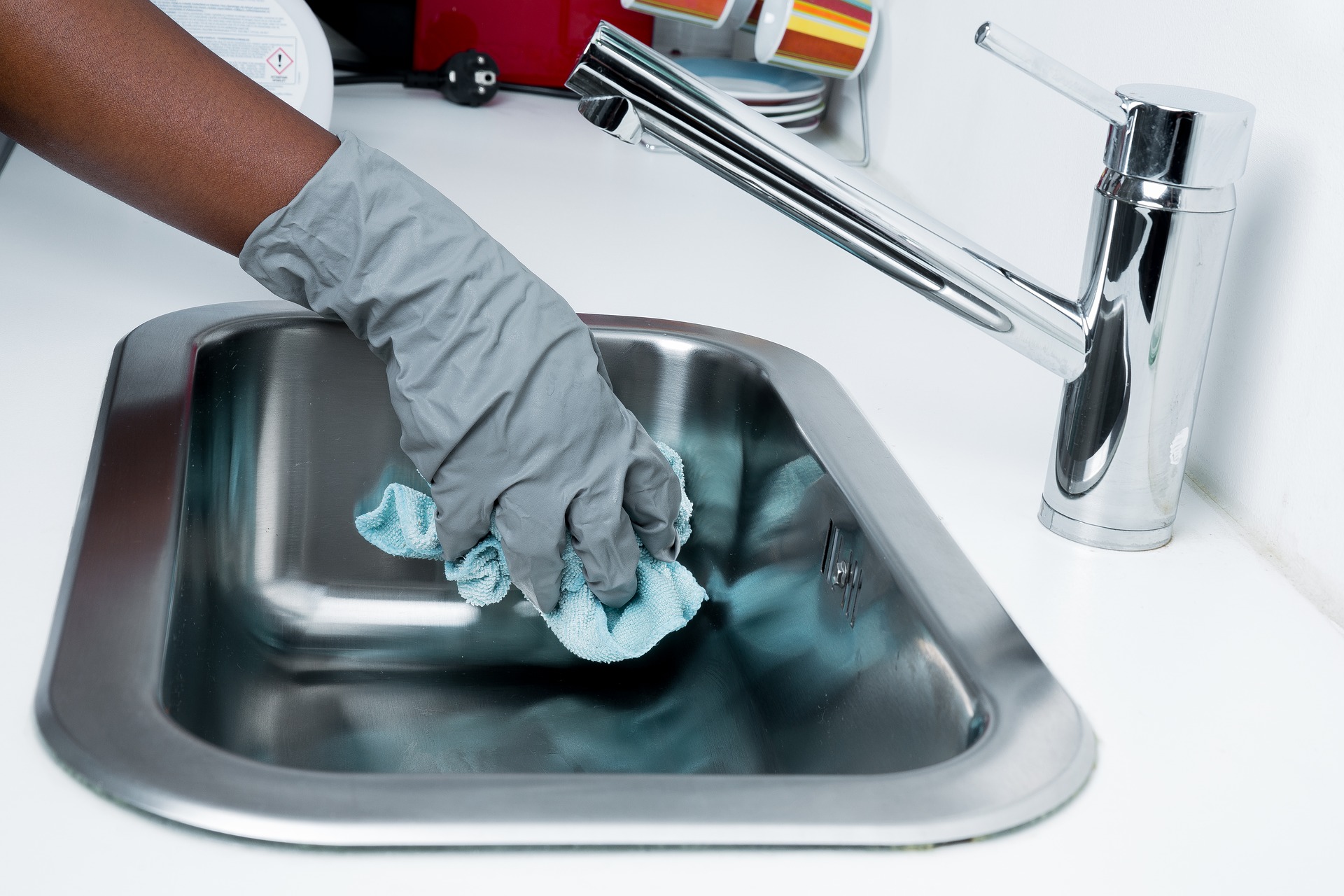Termite Control 101: Understanding the Different Types of Termites
Termites are small, yet highly destructive pests that can cause significant damage to homes and buildings. They feed on wood and other cellulose materials, making them a nightmare for homeowners. Understanding the different types of termites and their habits is crucial for effective termite control. In this comprehensive guide, we will explore the various species of termites, their destructive habits, effective prevention and eradication methods, and when to seek professional help.
Identifying the Culprits: Exploring the Various Species of Termites and Their Destructive Habits
There are three main types of termites that commonly infest homes: subterranean termites, drywood termites, and dampwood termites. Subterranean termites are the most common and destructive species, accounting for 95% of termite damage in the United States. They live in underground colonies and build mud tubes to access above-ground food sources. Drywood termites, on the other hand, infest dry wood and do not require contact with soil. They can cause extensive damage to furniture, flooring, and structural timbers. Dampwood termites thrive in moist environments and are typically found in decaying wood or areas with water leaks.
Each species of termite has its own unique habits and preferences. Subterranean termites, for example, are attracted to moisture and are often found near water sources. They can enter homes through cracks in the foundation or gaps in plumbing. Drywood termites, on the other hand, infest wood directly and can be transported into homes through infested furniture or wooden items. Dampwood termites are commonly found in areas with high humidity or water leaks, such as basements or crawl spaces.
It is important to identify the species of termites infesting your home to determine the most effective control methods. This can be done through visual inspection or by consulting a professional pest control service. Understanding their habits and preferences will help in implementing targeted prevention and eradication strategies.
Battle Strategies: Effective Methods for Termite Prevention and Eradication
Prevention is key when it comes to termite control. Here are some effective methods to keep termites at bay:
Eliminate moisture: Repair any leaks or water sources that may attract termites. Ensure proper drainage around the foundation and fix any plumbing issues promptly.
Remove wood-to-soil contact: Termites can easily access your home through direct contact between wood and soil. Keep firewood, lumber, and other wooden materials elevated and away from the ground.
Seal cracks and gaps: Regularly inspect your home for cracks in the foundation, gaps in windows or doors, and other potential entry points. Seal them with caulk or other appropriate materials.
Use termite-resistant materials: When building or renovating, consider using termite-resistant materials such as treated wood or concrete. These materials are less susceptible to termite infestations.
If prevention methods fail and you suspect a termite infestation, there are several eradication options available:
Liquid termiticides: These are applied to the soil around the foundation or directly onto infested wood. They create a barrier that kills termites upon contact.
Bait systems: Bait stations are strategically placed around the property to attract termites. Once termites feed on the bait, they carry it back to the colony, effectively eliminating the entire population.
Fumigation: This method is typically used for severe infestations. The entire structure is tented and filled with gas to kill termites and their eggs.
Heat treatment: This method involves raising the temperature of the infested area to a level that is lethal to termites. It is effective for localized infestations and can penetrate deep into wood.
Seeking Professional Help: When and How to Engage Termite Control Services for a Termite-Free Home
While DIY methods can be effective for minor infestations, severe or recurring termite problems often require professional assistance. Pest control professionals have the knowledge, experience, and specialized equipment to effectively eliminate termites and prevent future infestations.
It is recommended to engage termite control services in the following situations:
Extensive damage: If you notice significant structural damage or widespread termite activity, it is best to consult a professional. They can assess the extent of the infestation and recommend appropriate treatment options.
Uncertain identification: Identifying the species of termites can be challenging for the untrained eye. Professional pest control services can accurately identify the culprits and tailor their treatment methods accordingly.
Prevention and long-term control: Pest control professionals can provide ongoing termite prevention services to ensure your home remains termite-free. They can conduct regular inspections, apply preventive treatments, and offer advice on minimizing termite attractants.
Safety concerns: Some termite control methods, such as fumigation, require specialized knowledge and equipment. Professionals are trained to handle these treatments safely and effectively.
Remember, early detection and prompt action are crucial in minimizing termite damage. Regular inspections and proactive prevention measures can save you from costly repairs and ensure a termite-free home.


